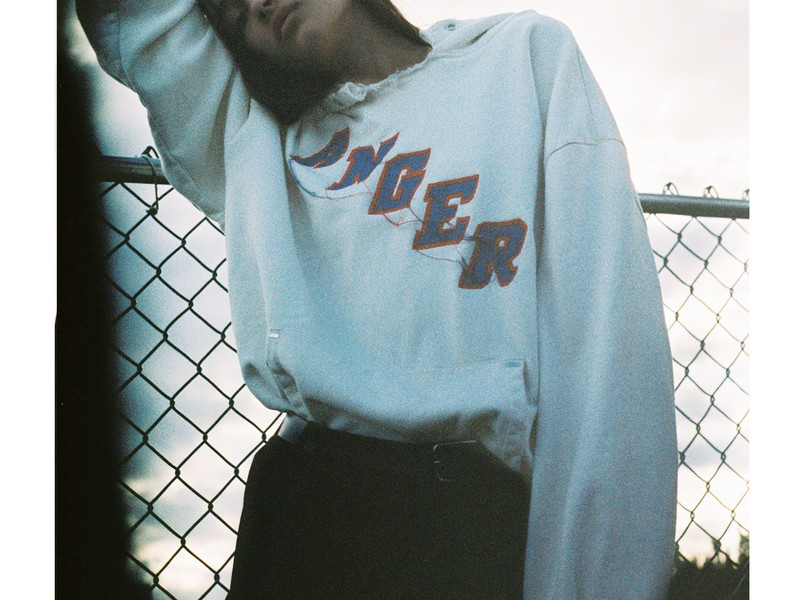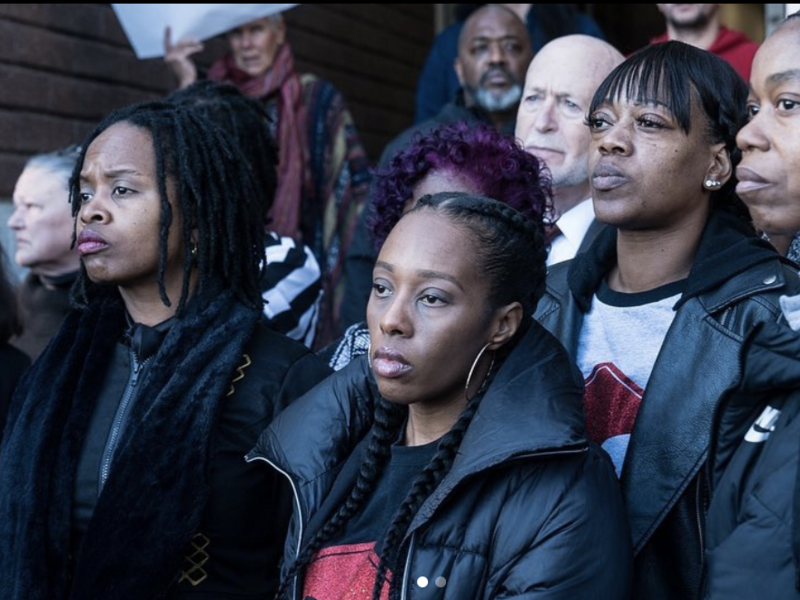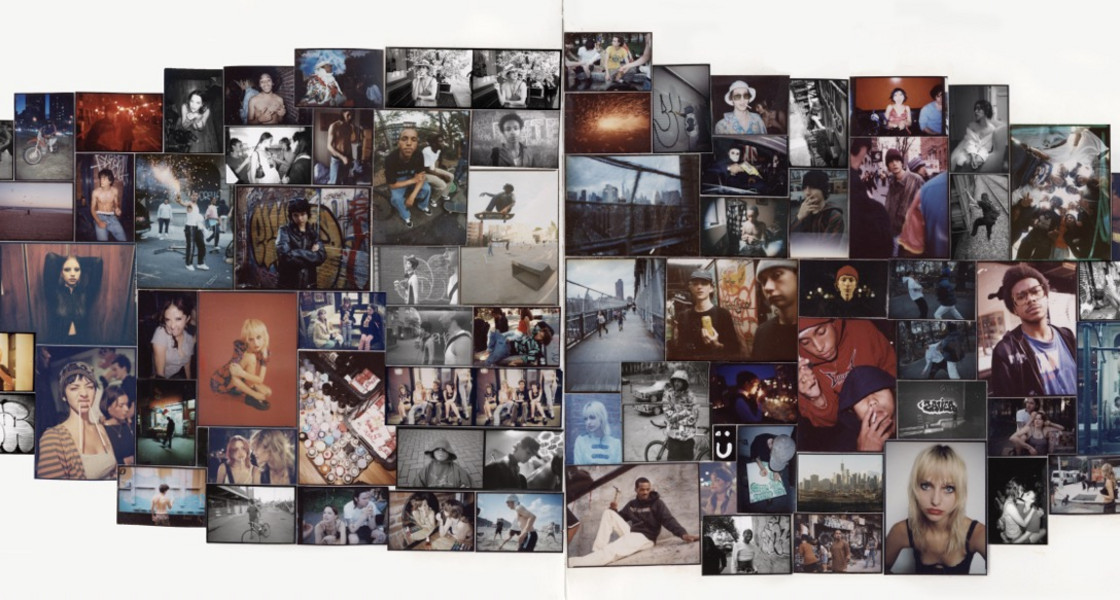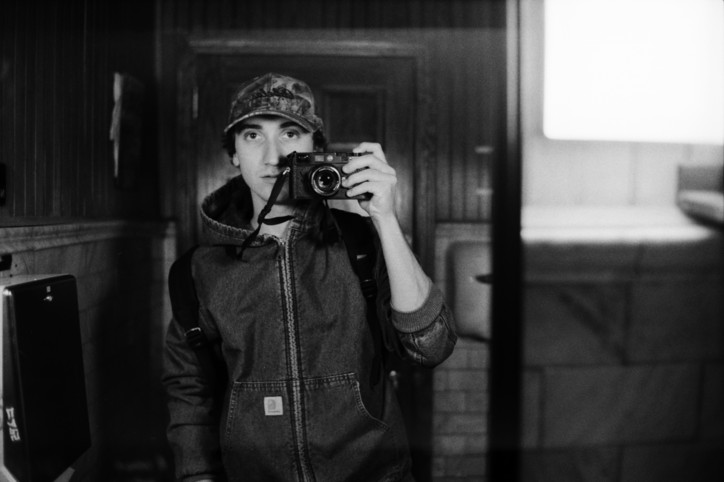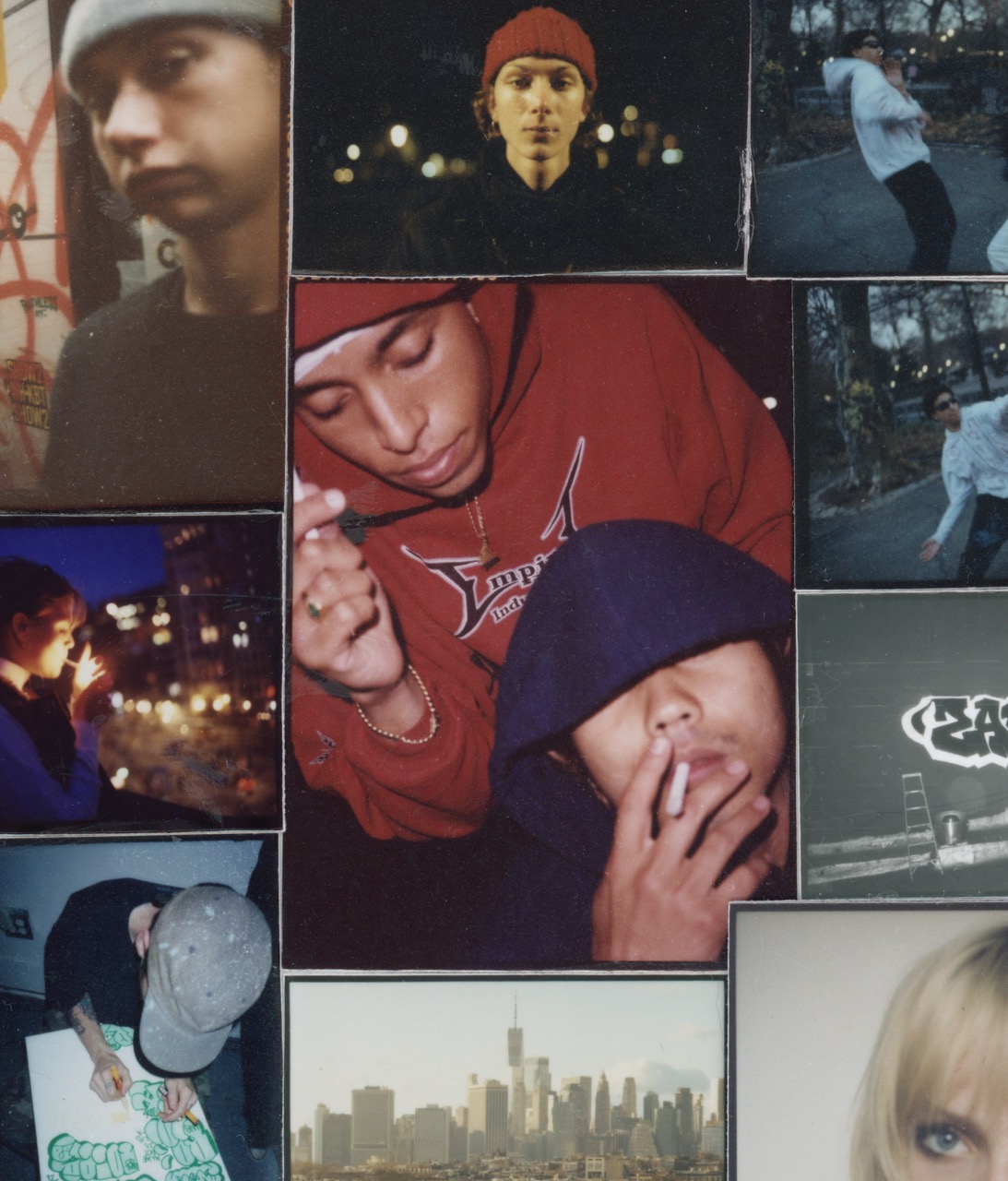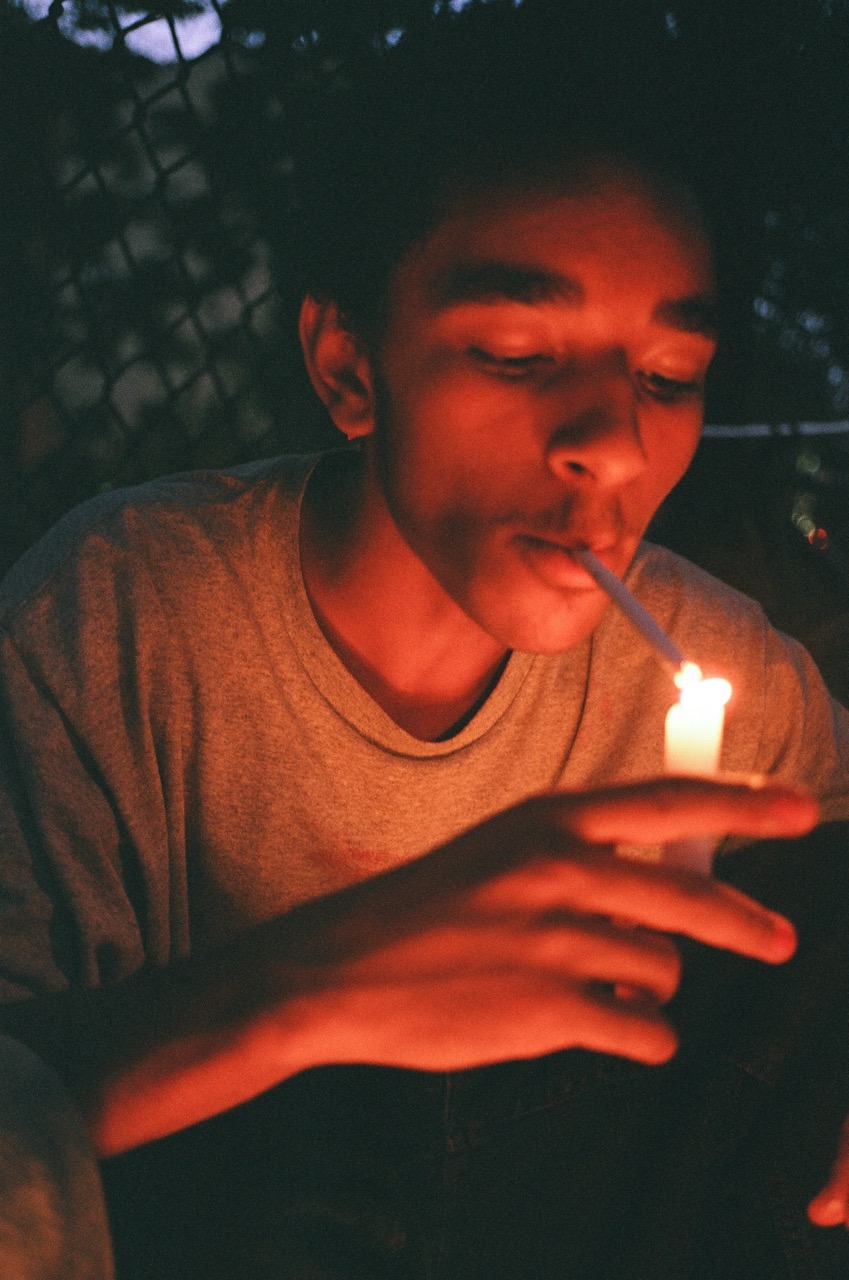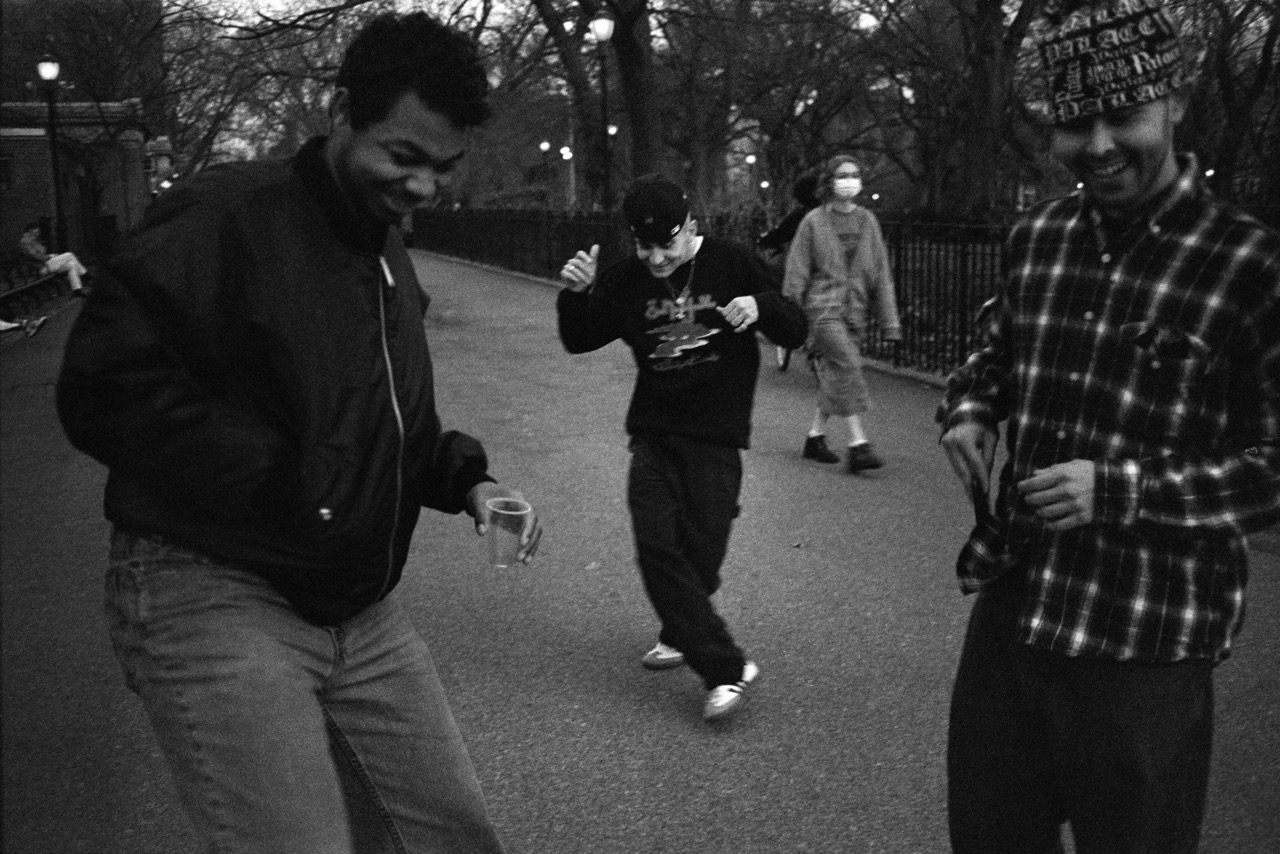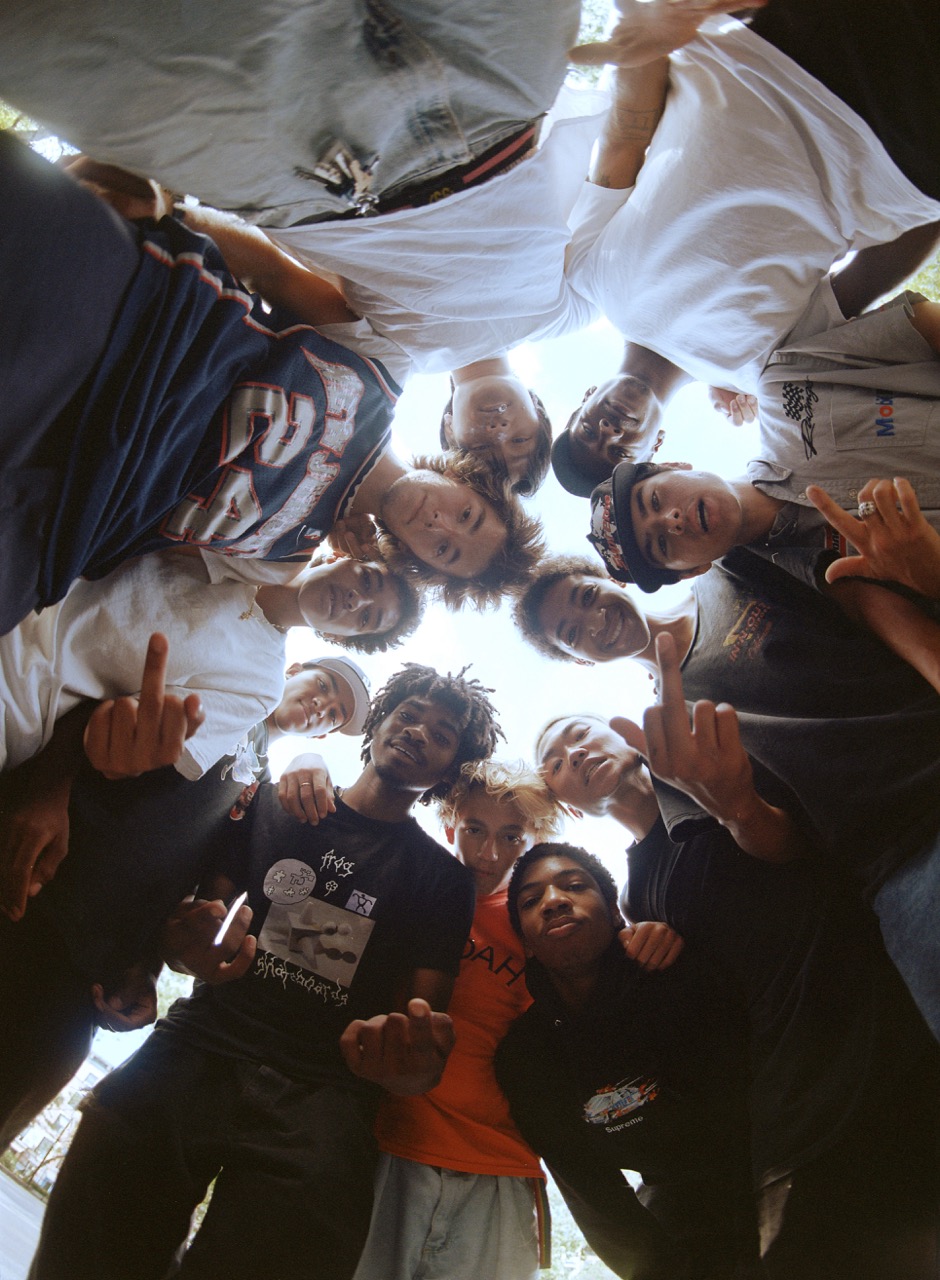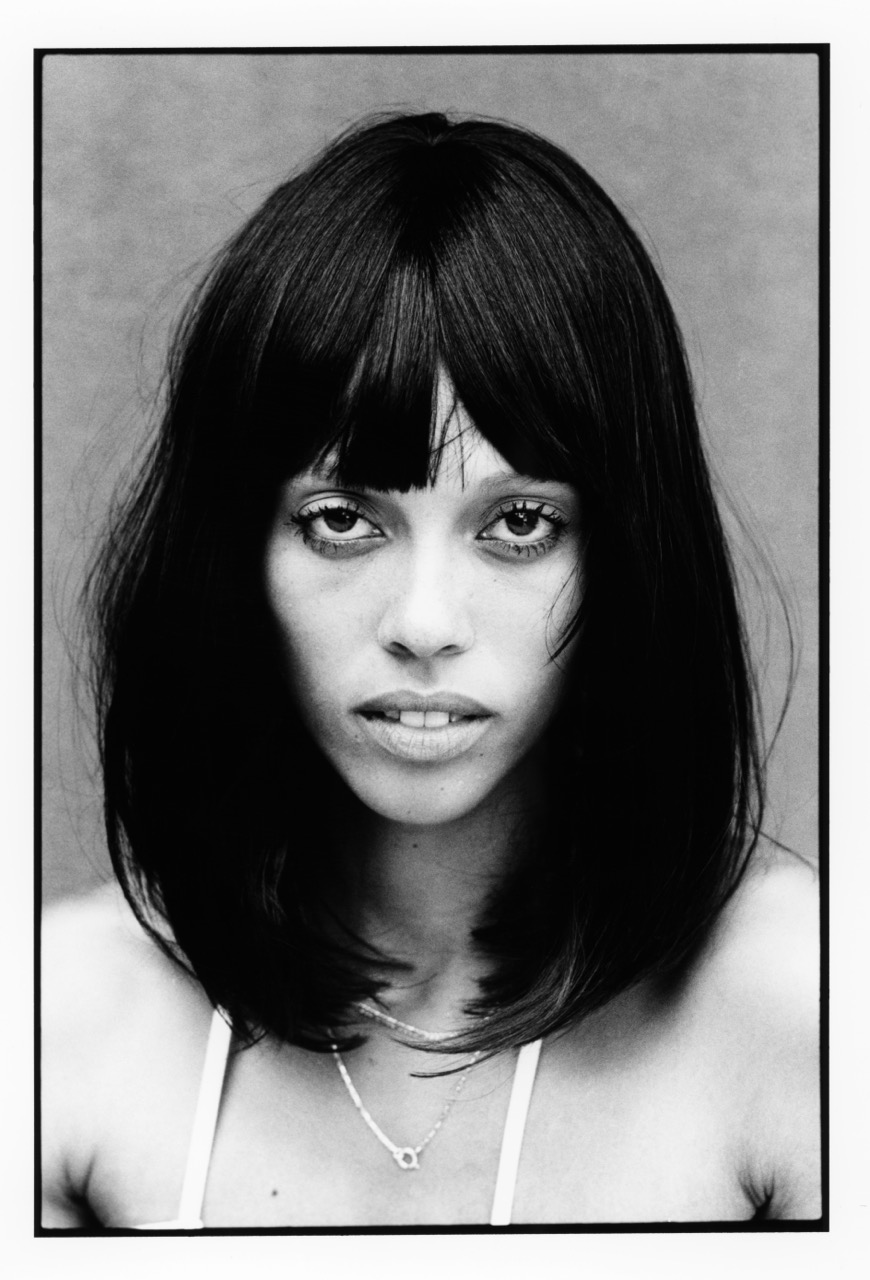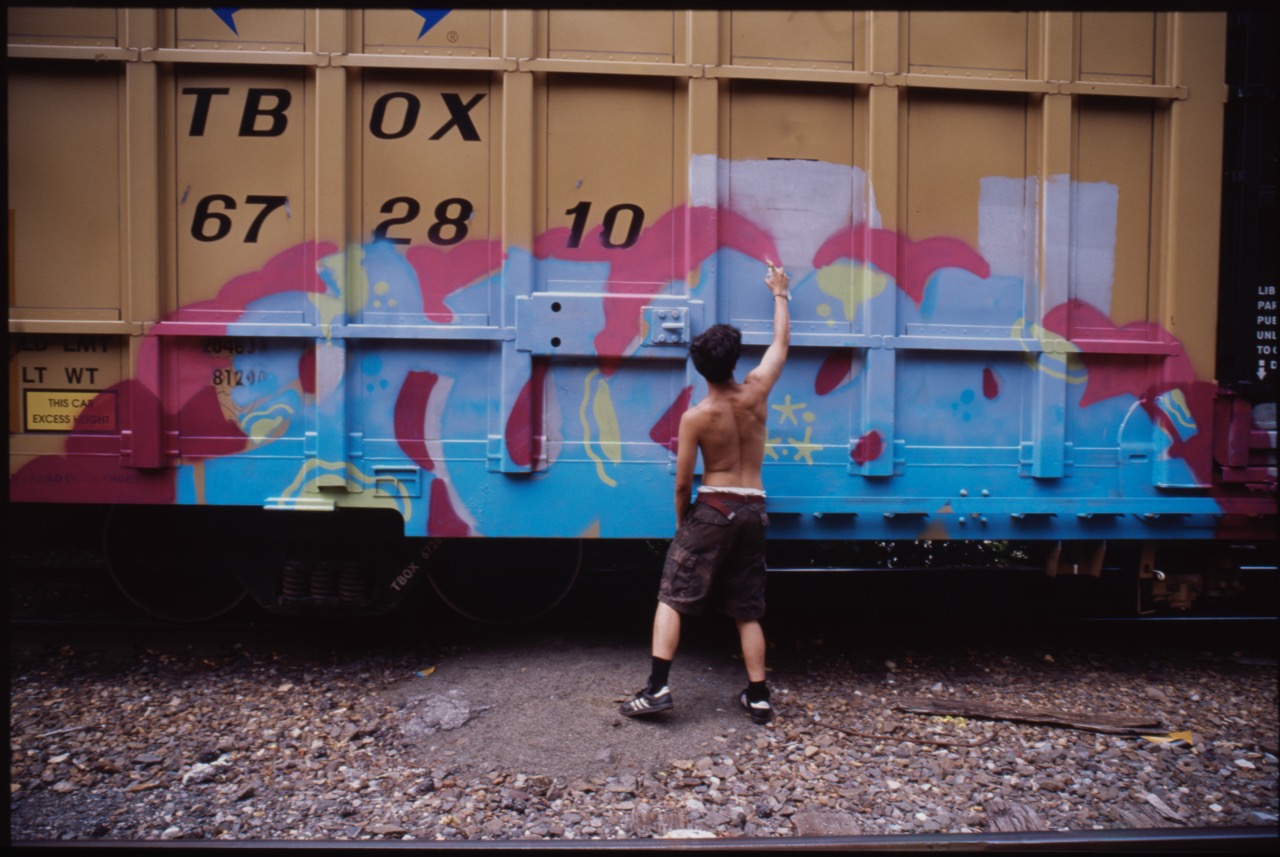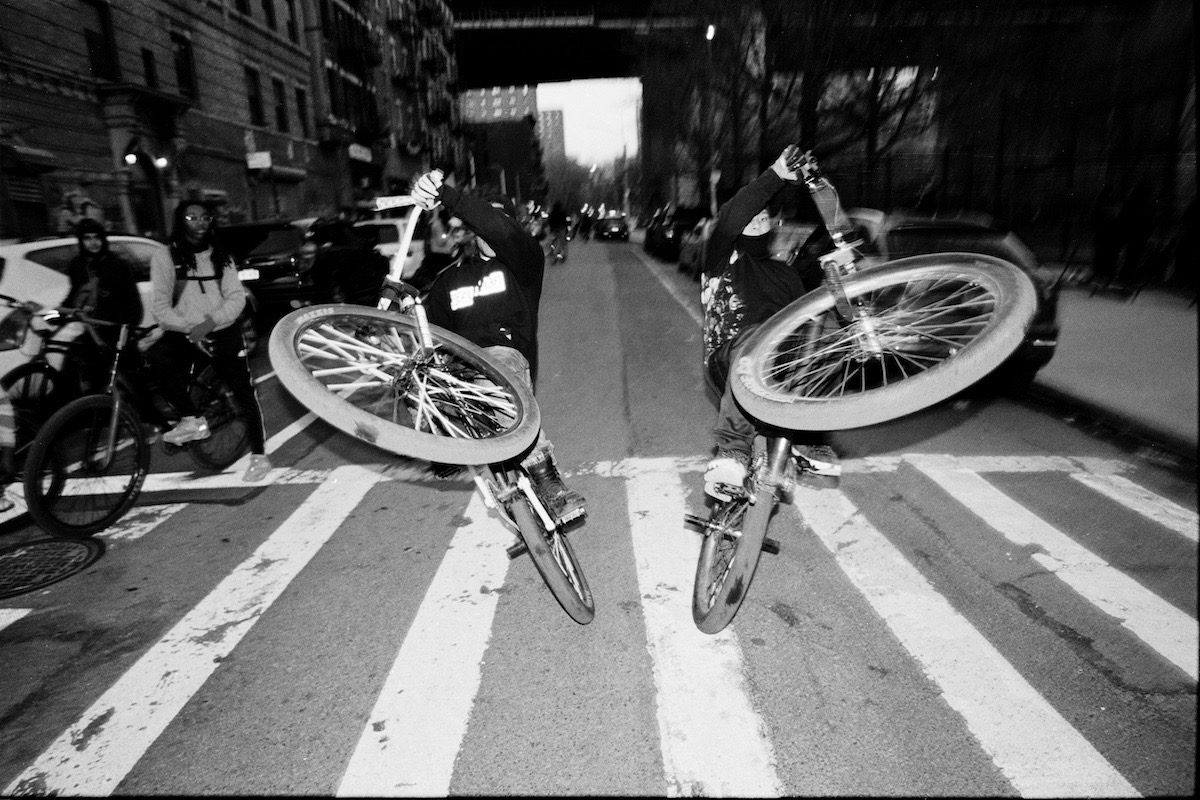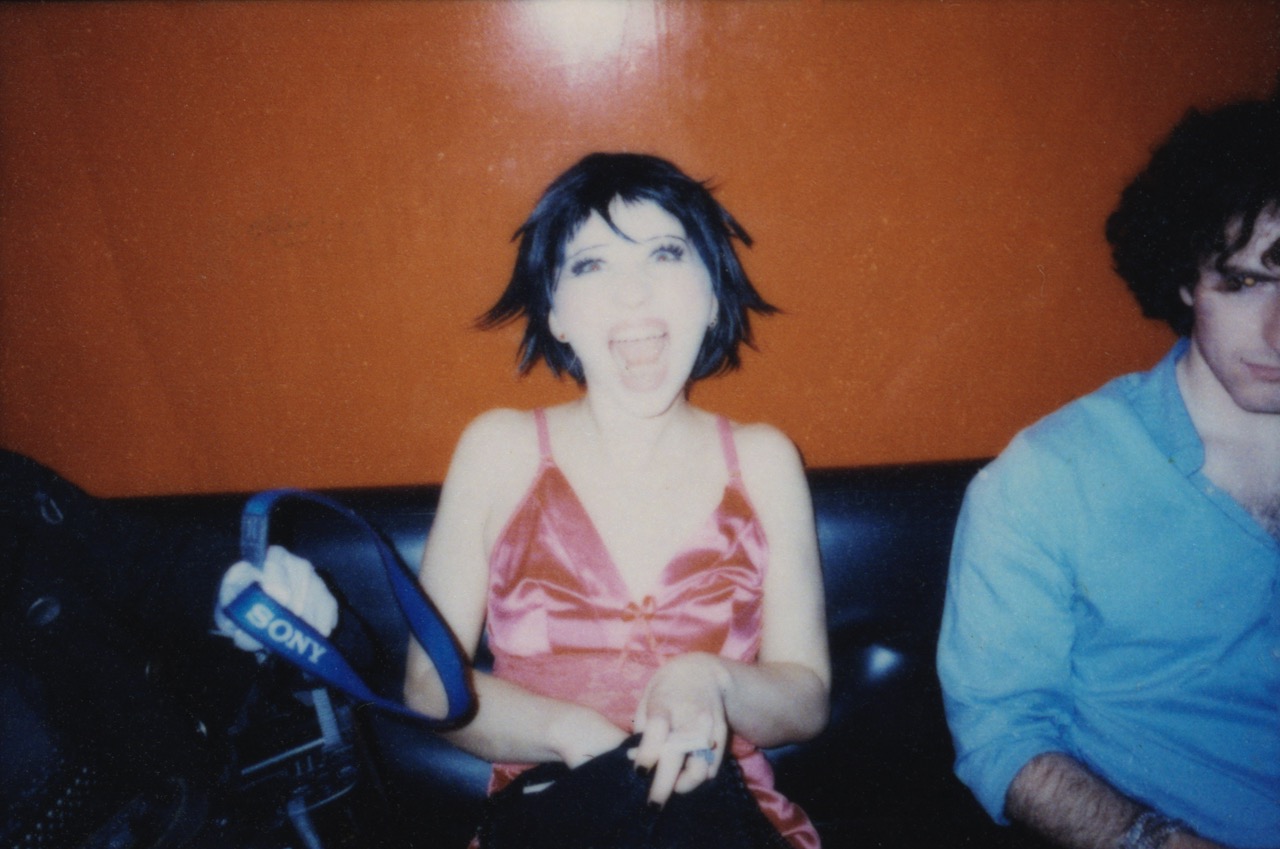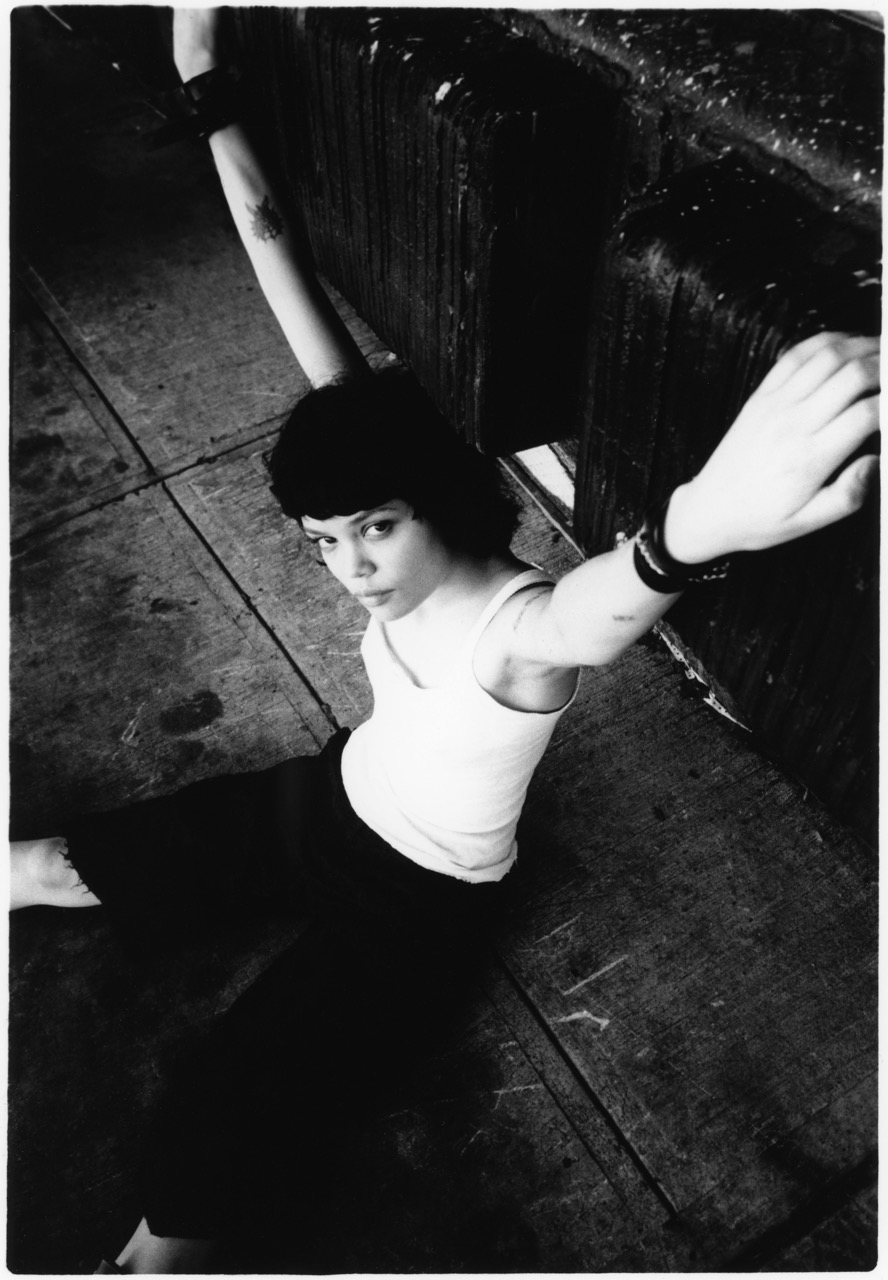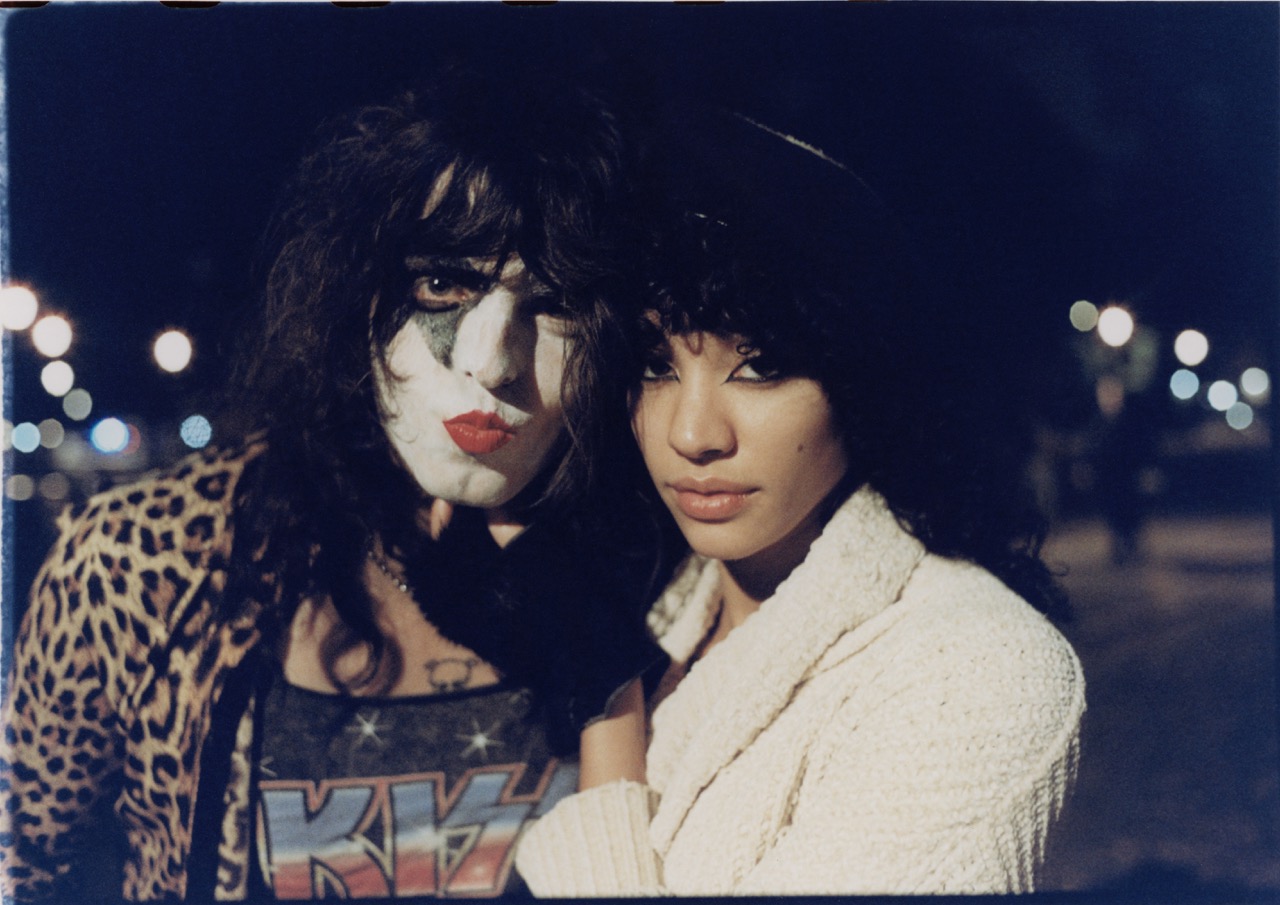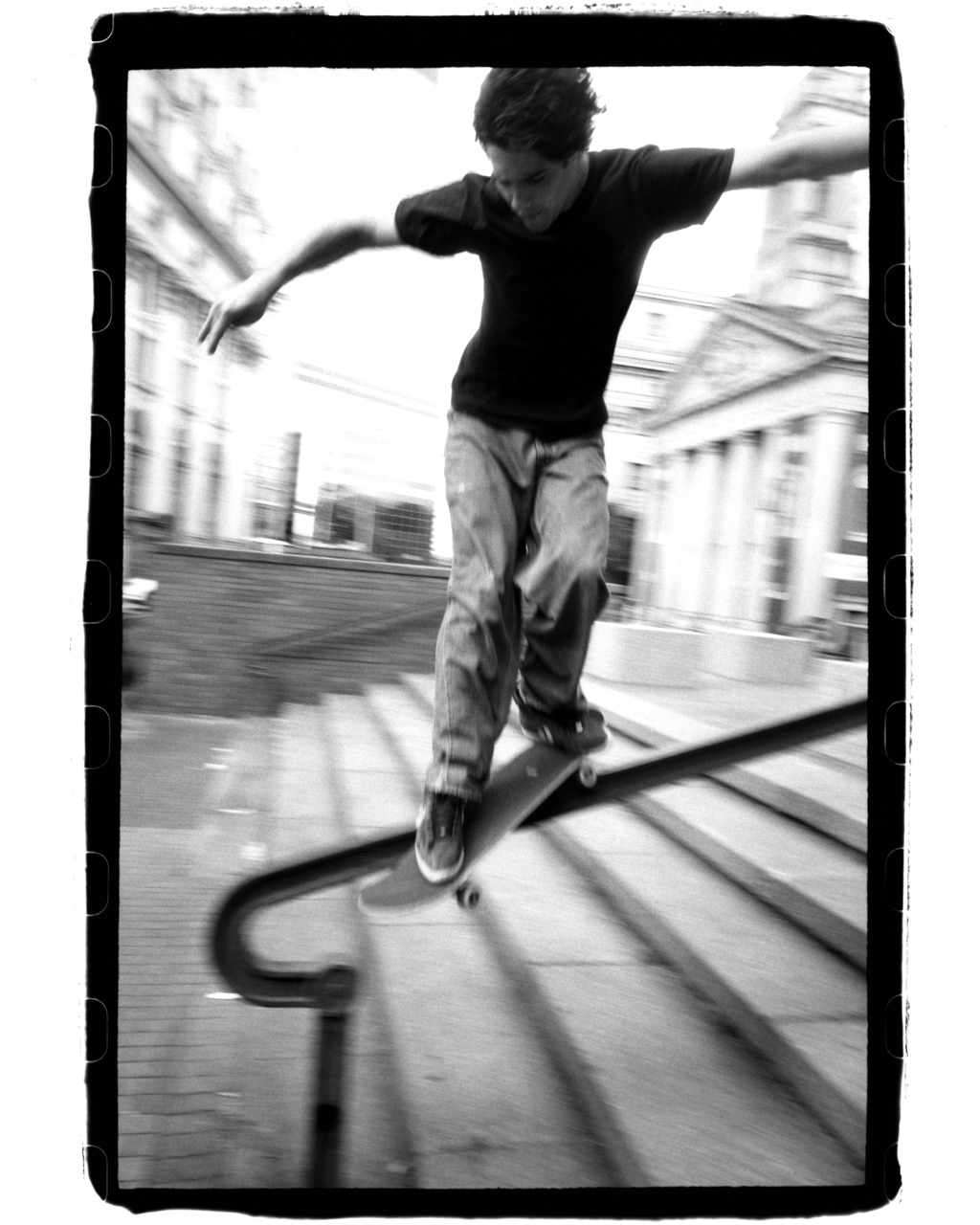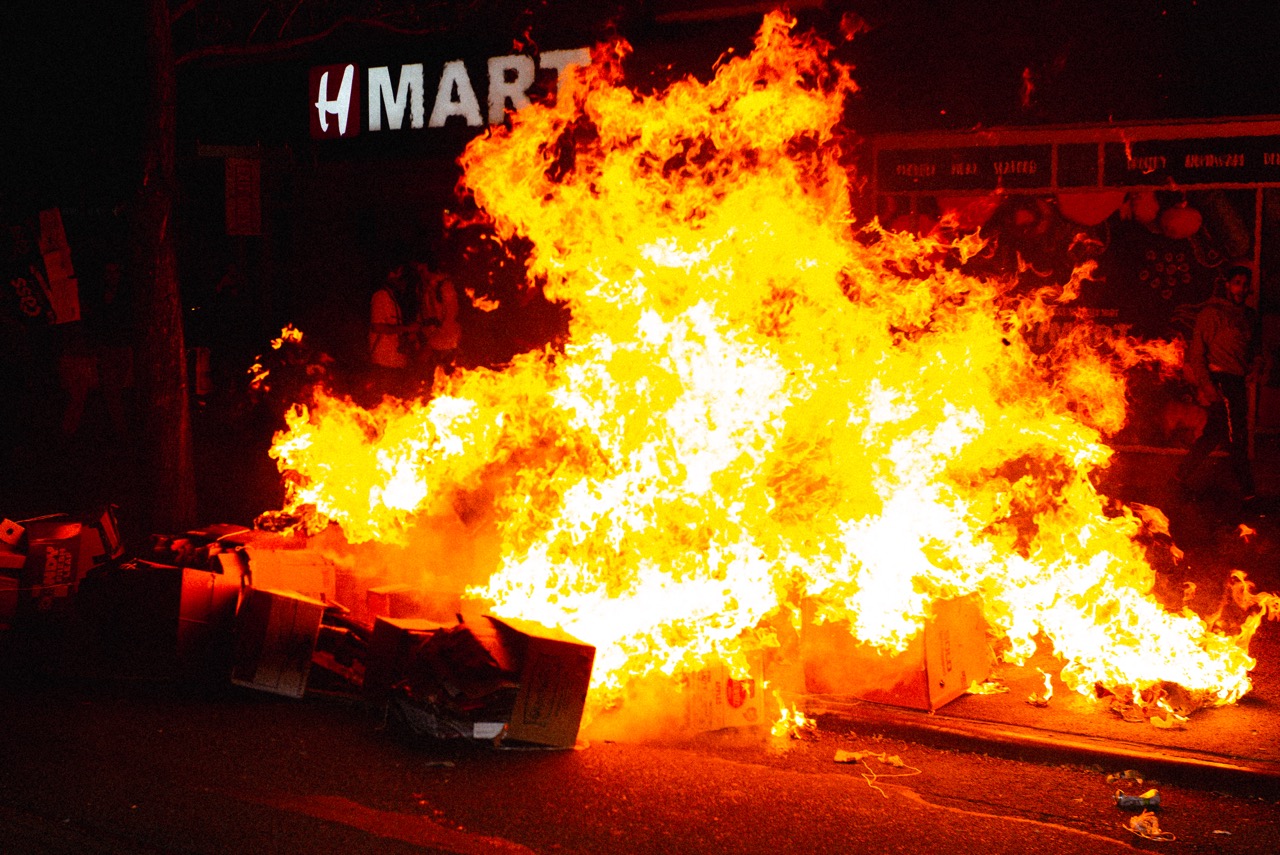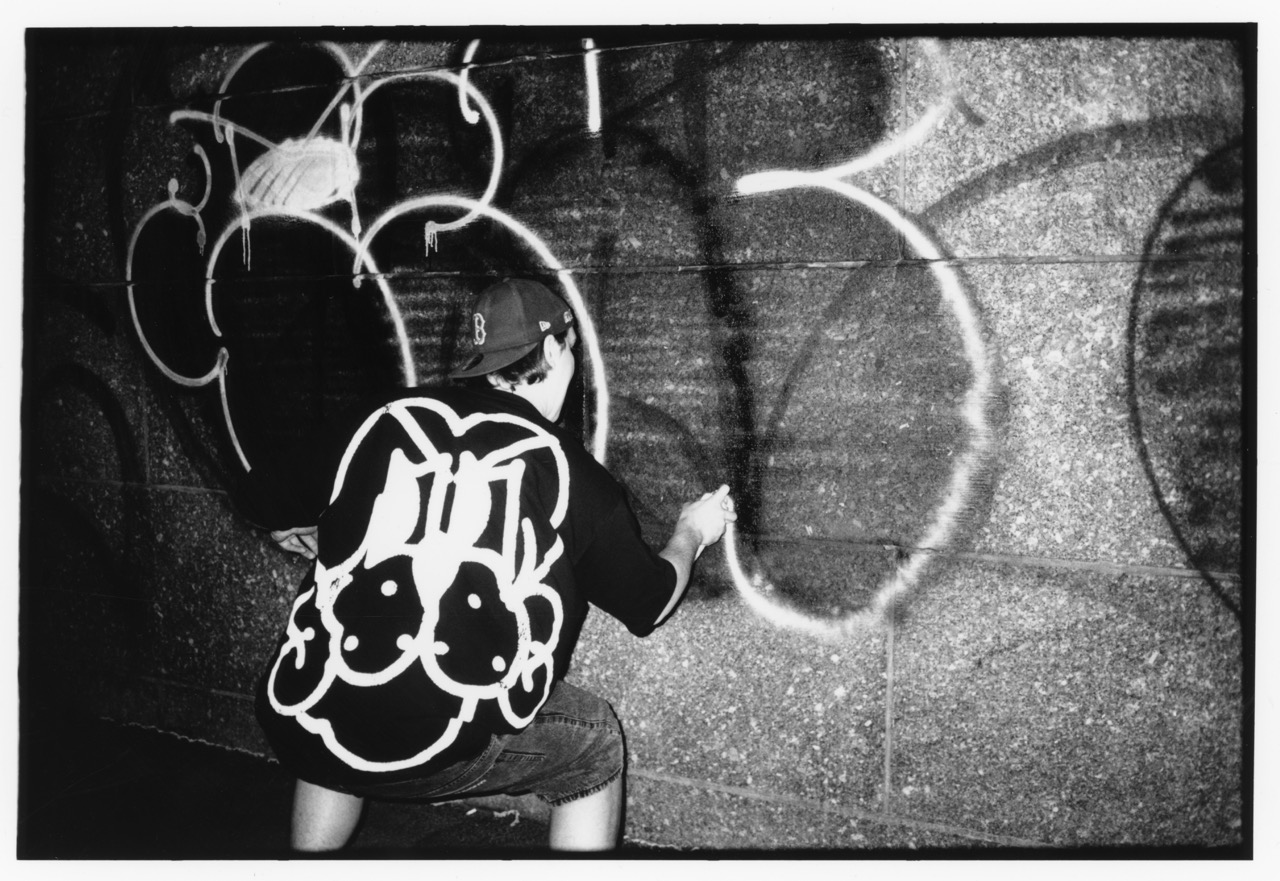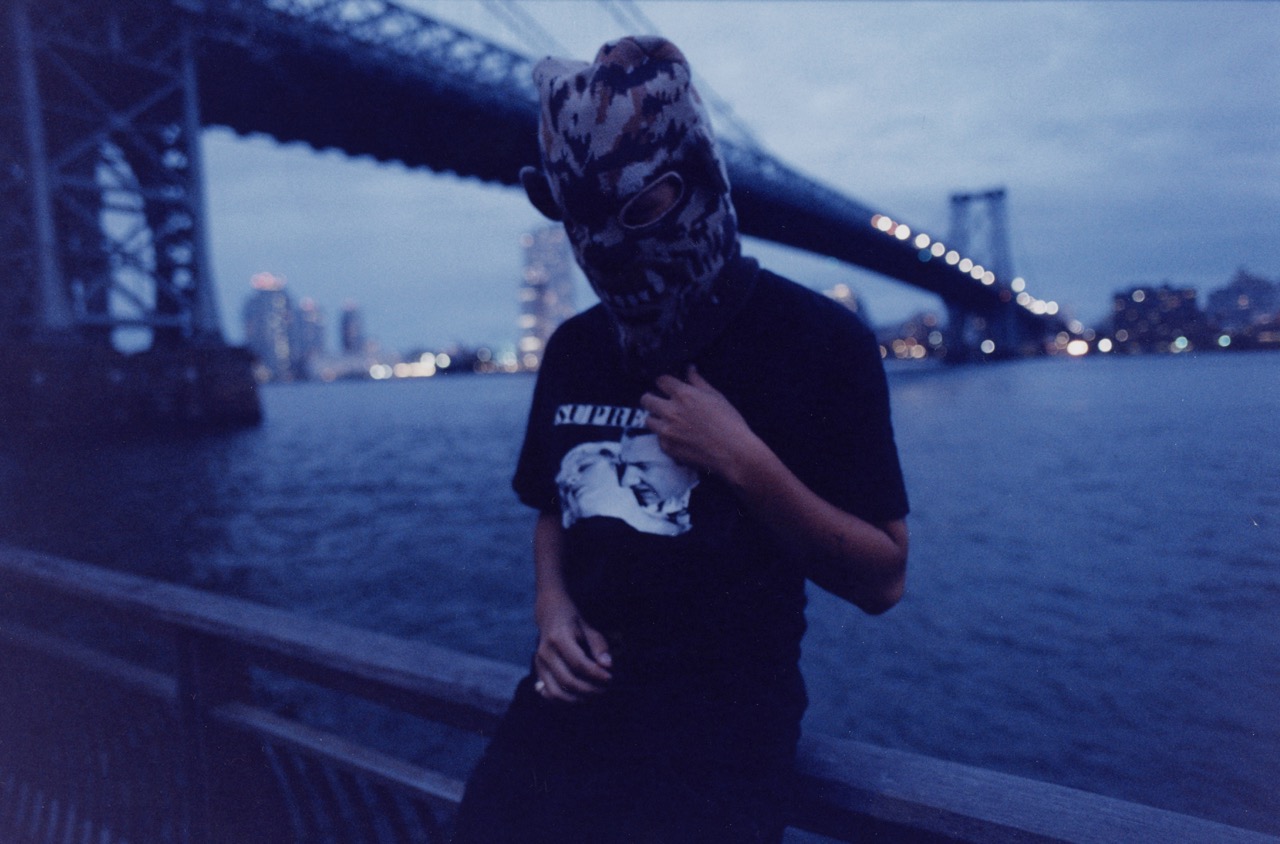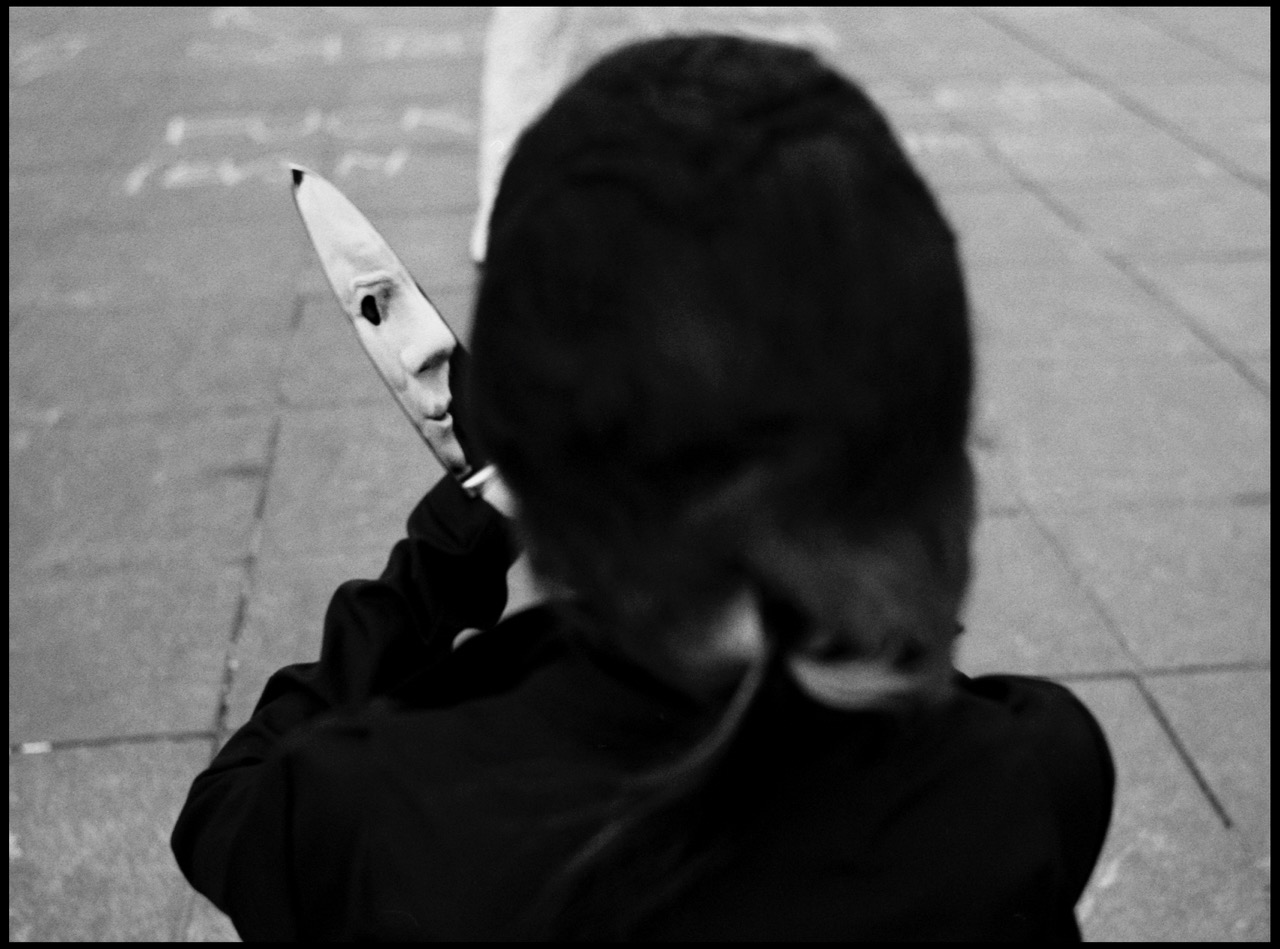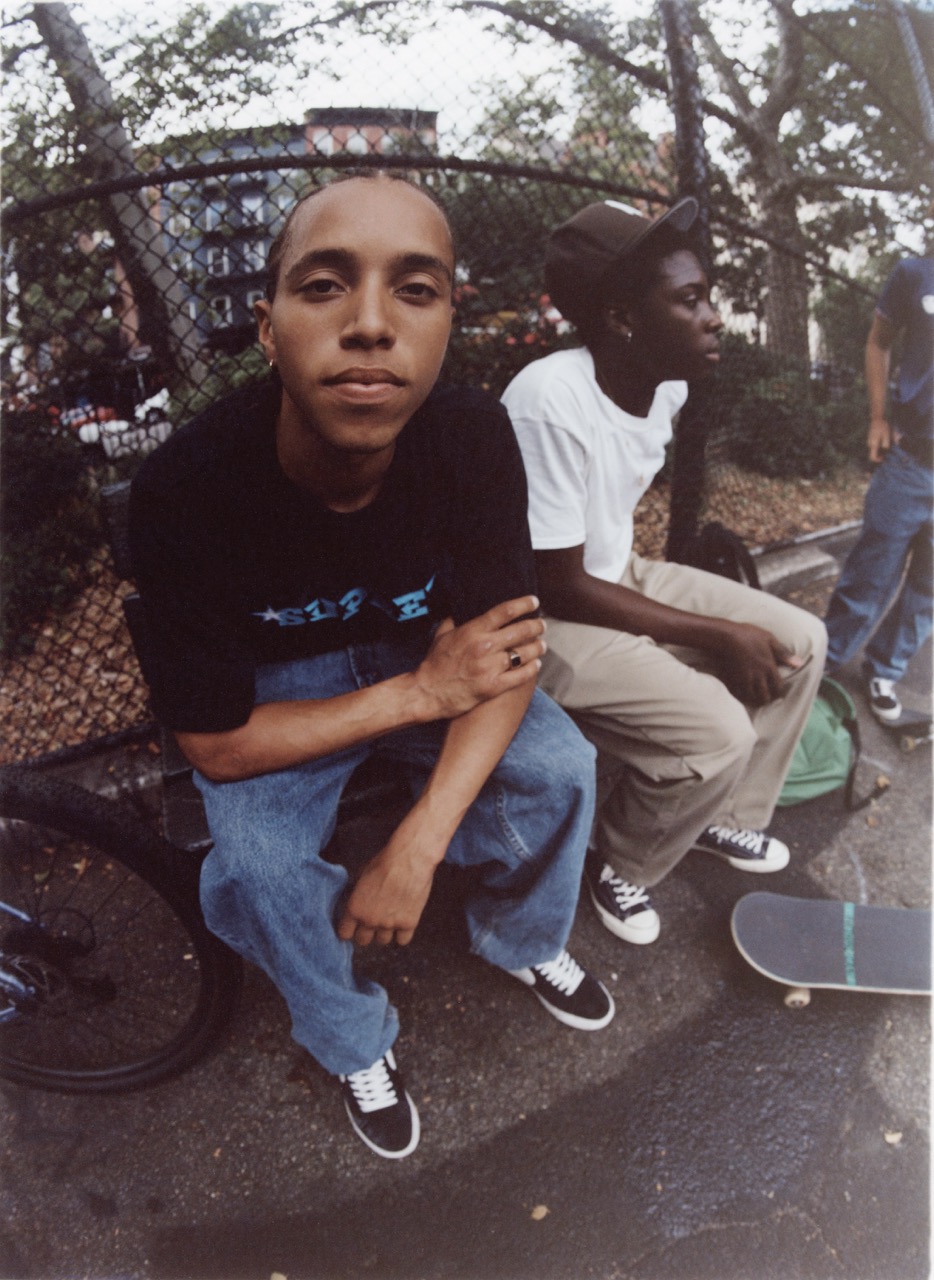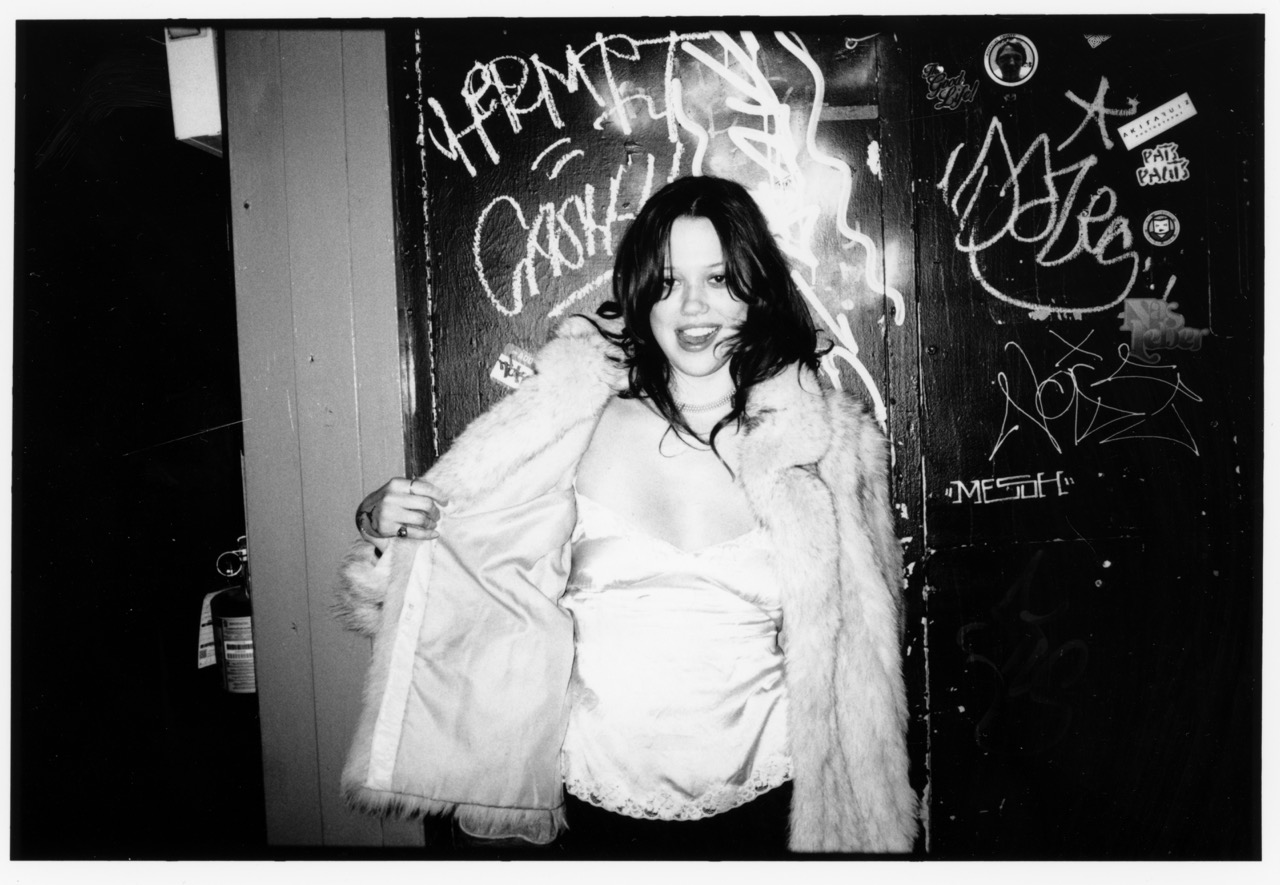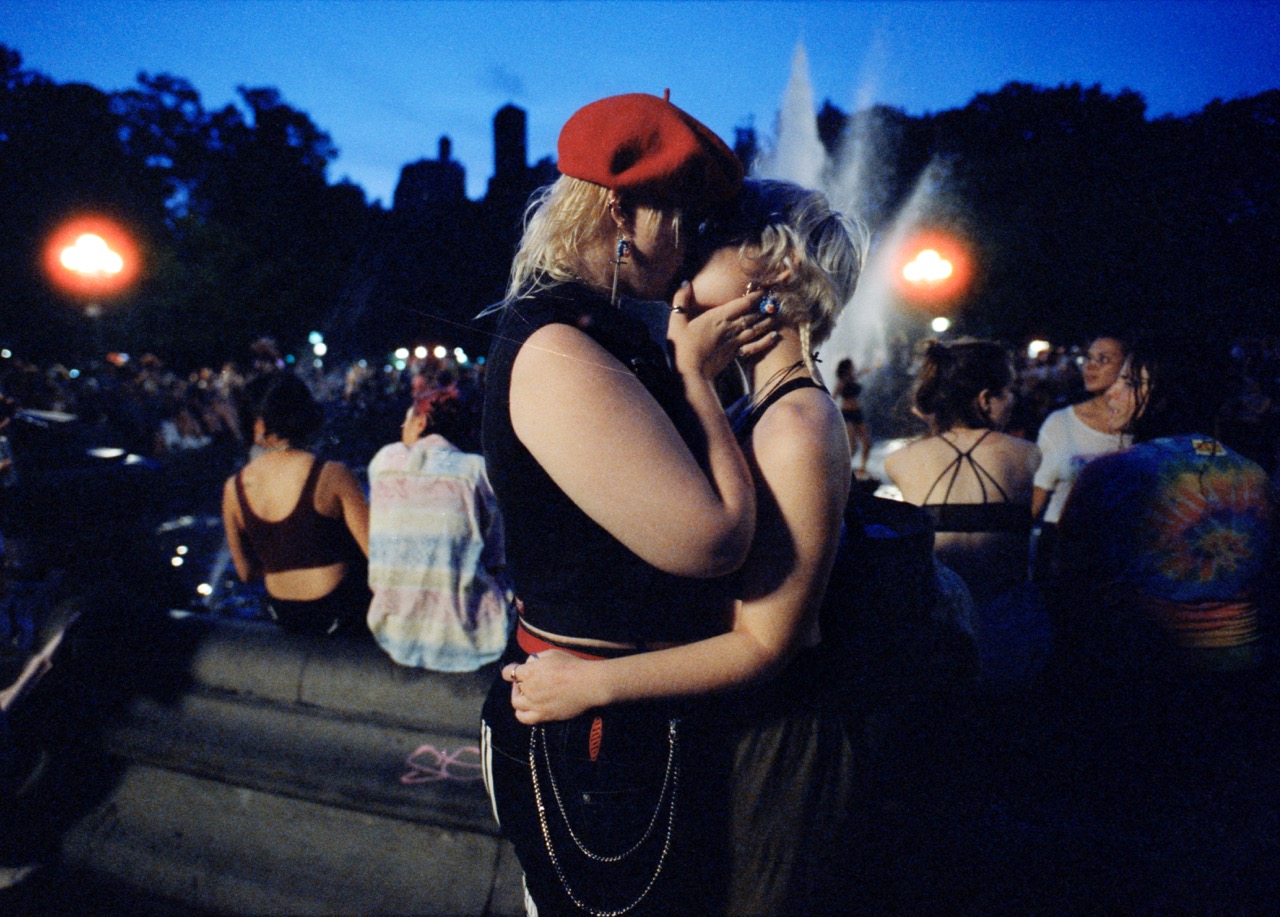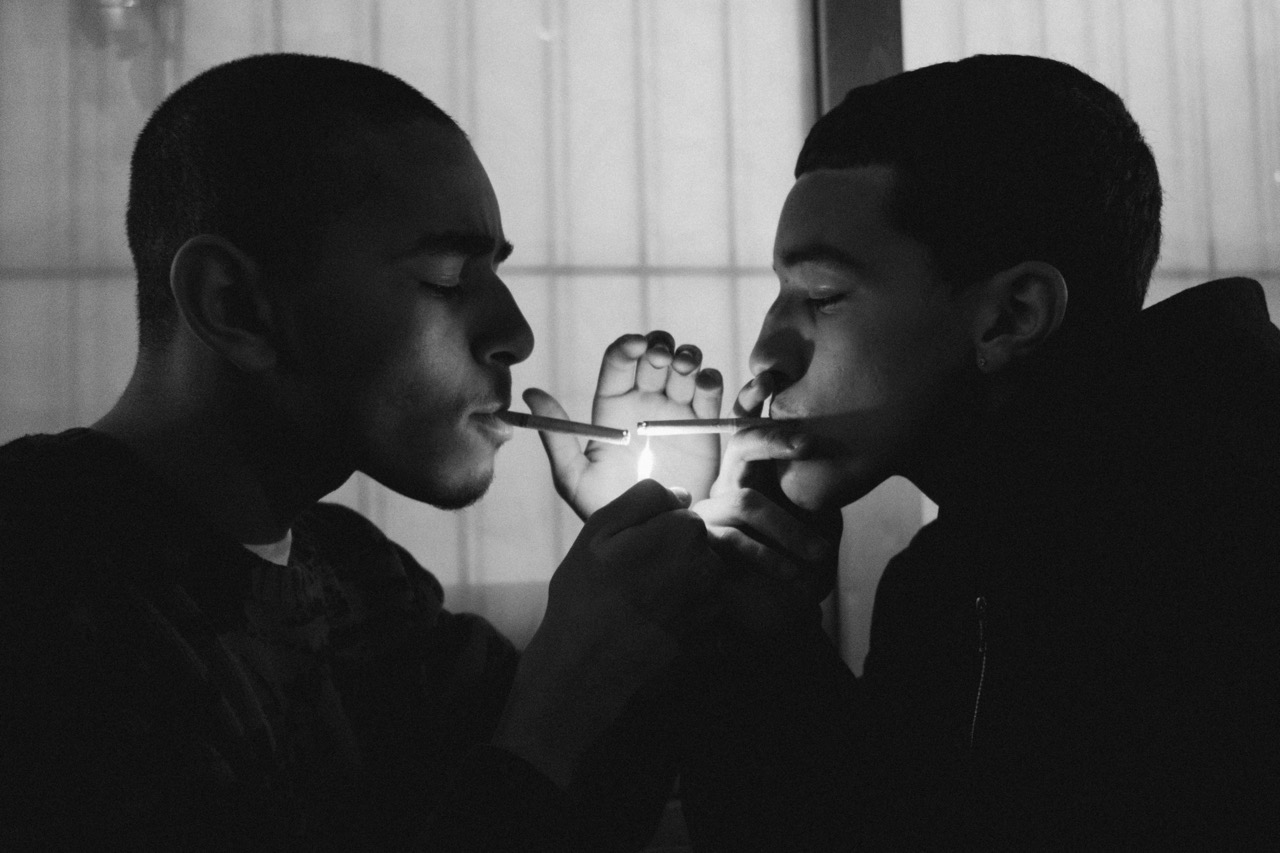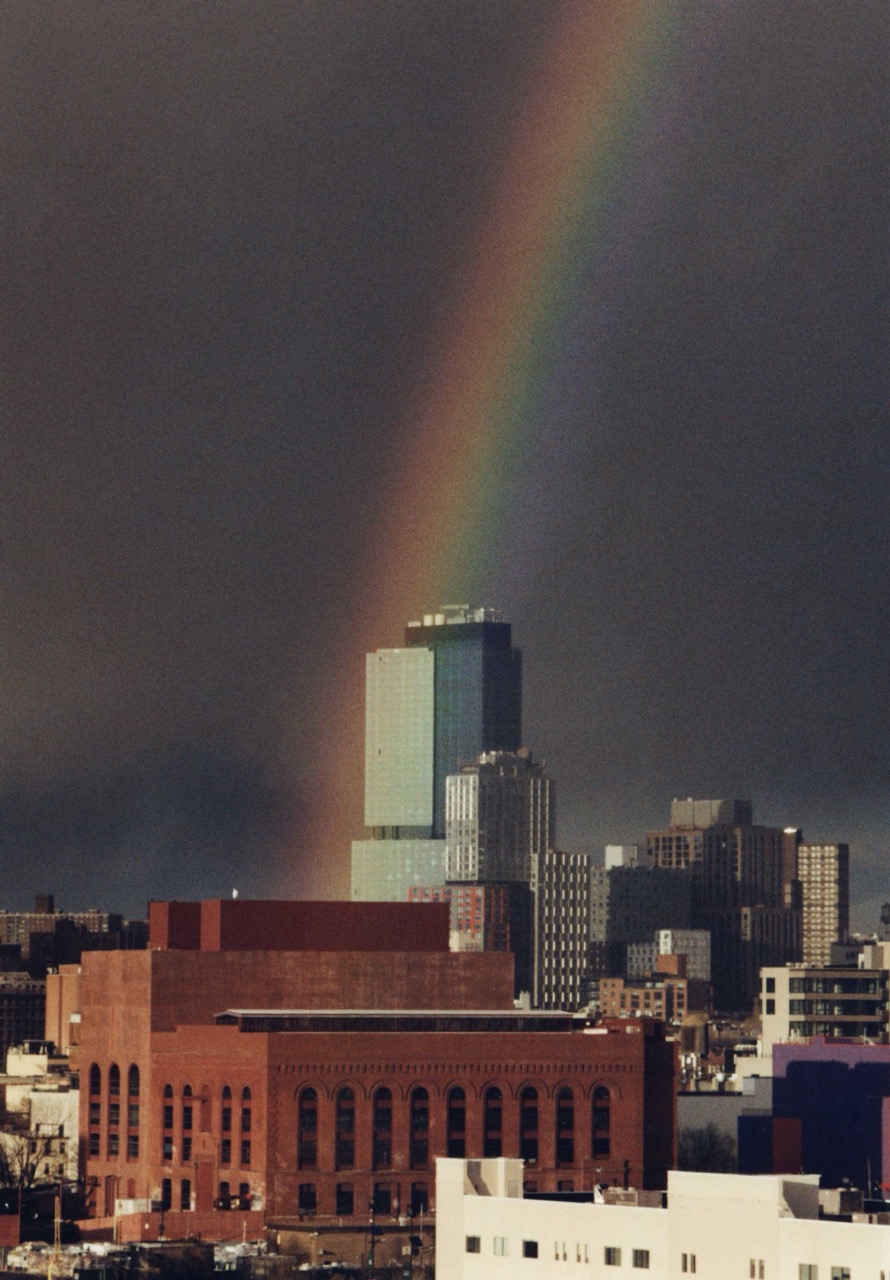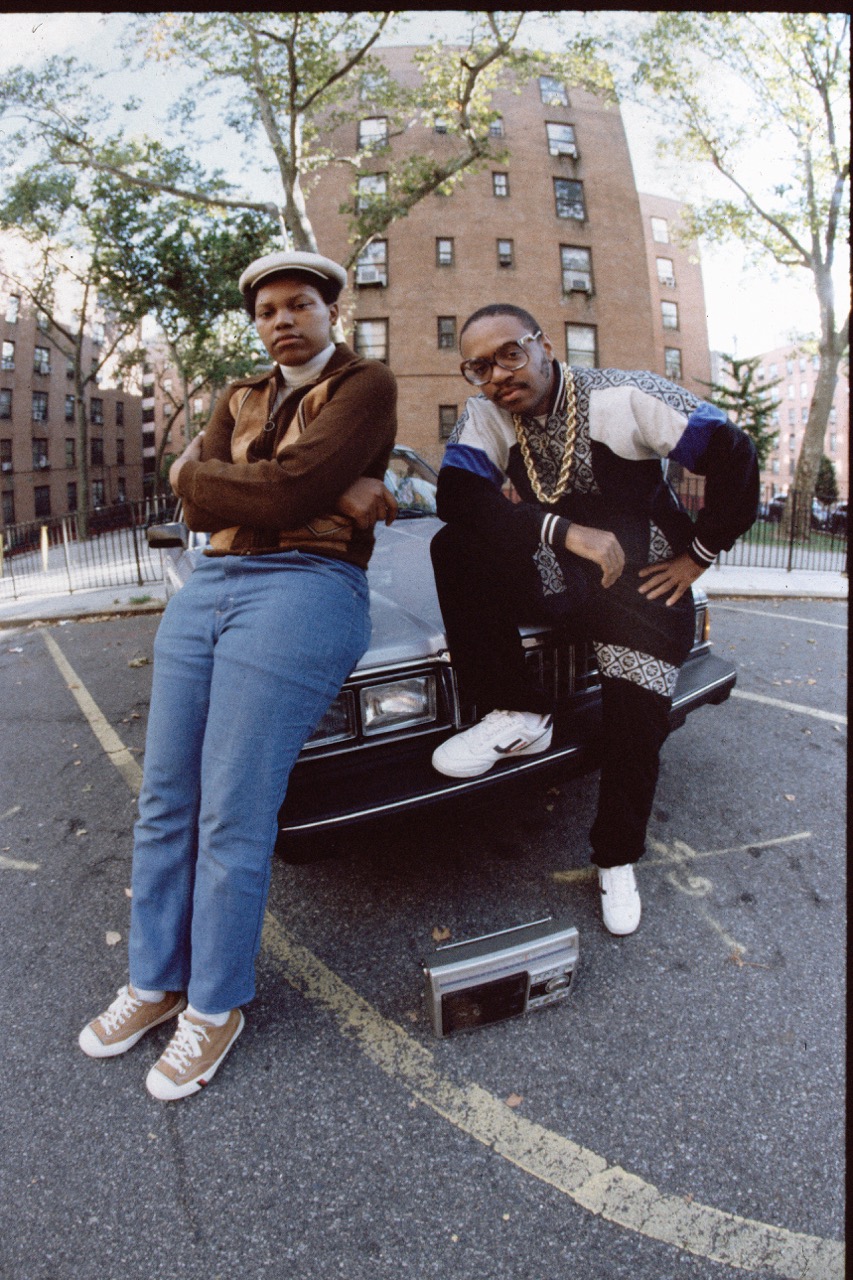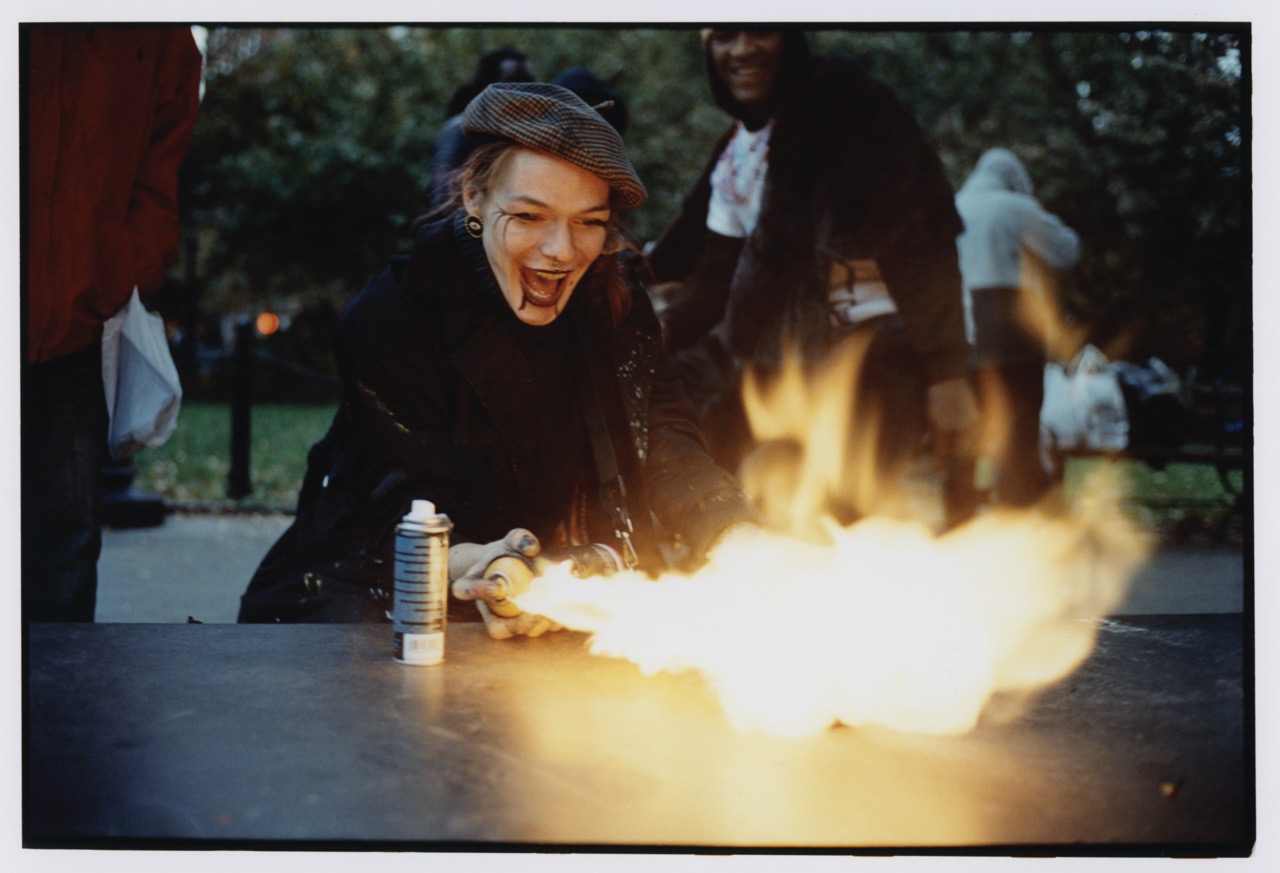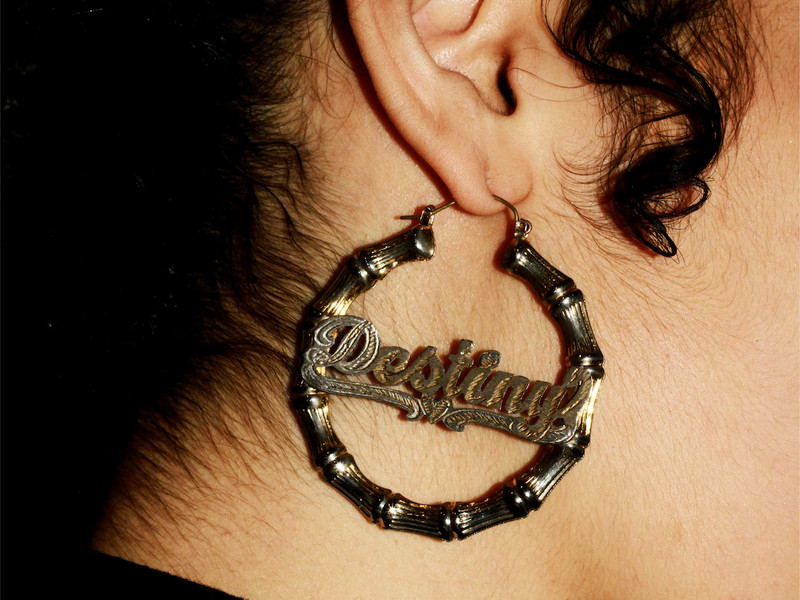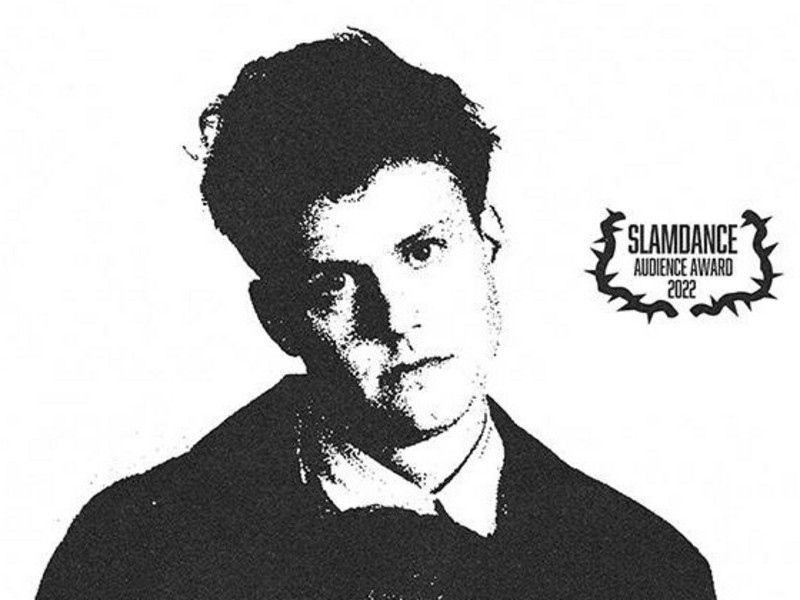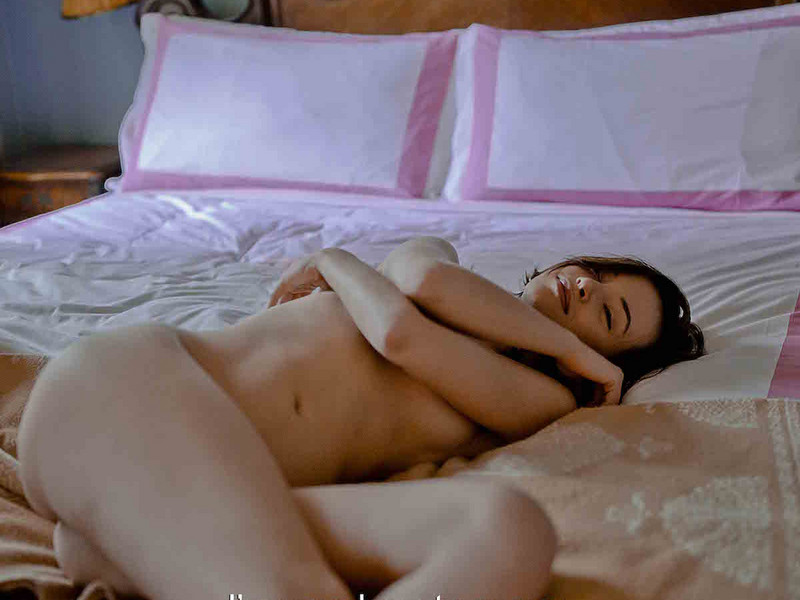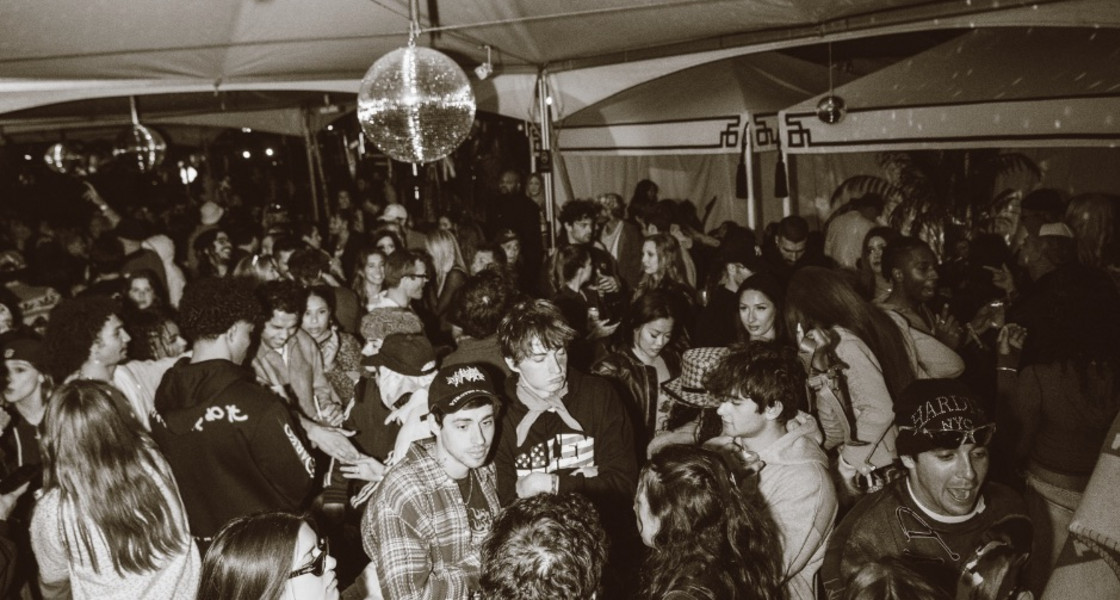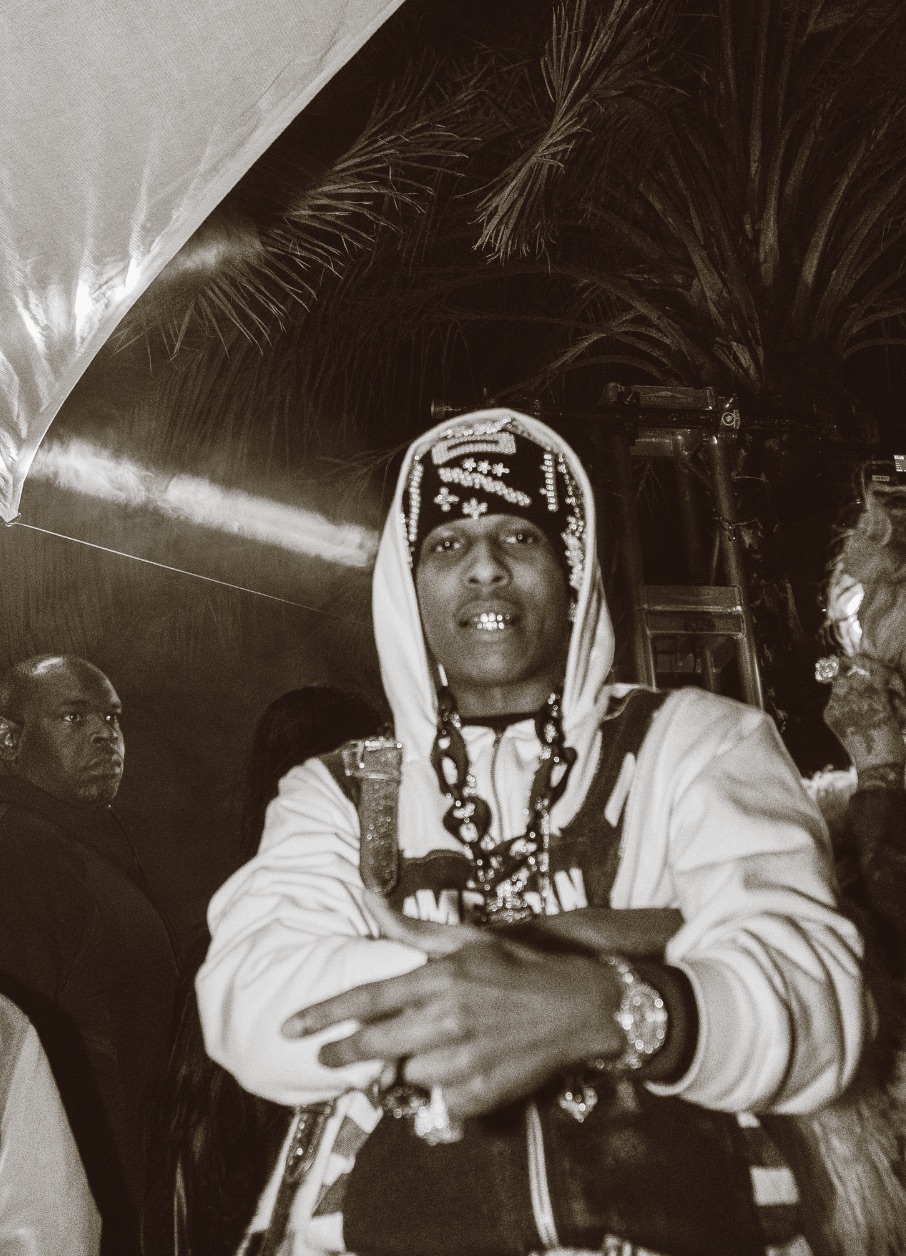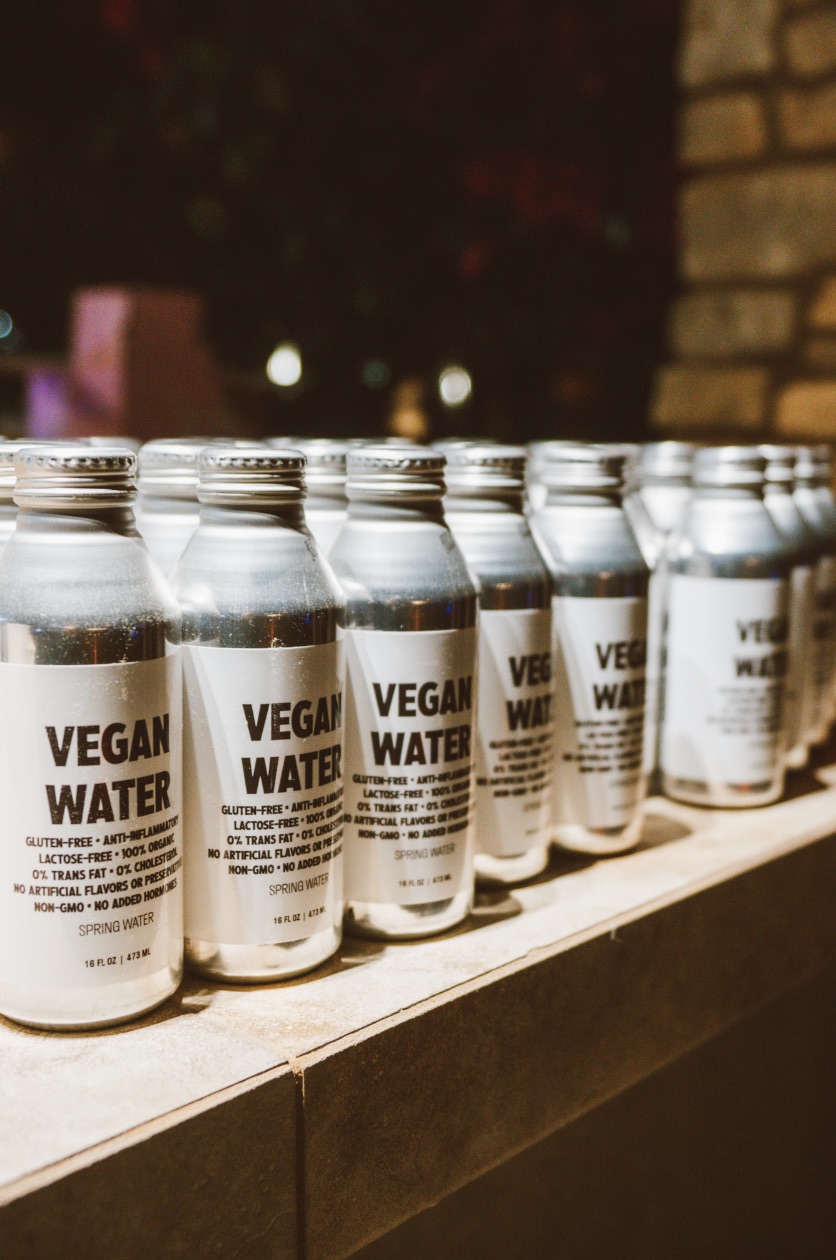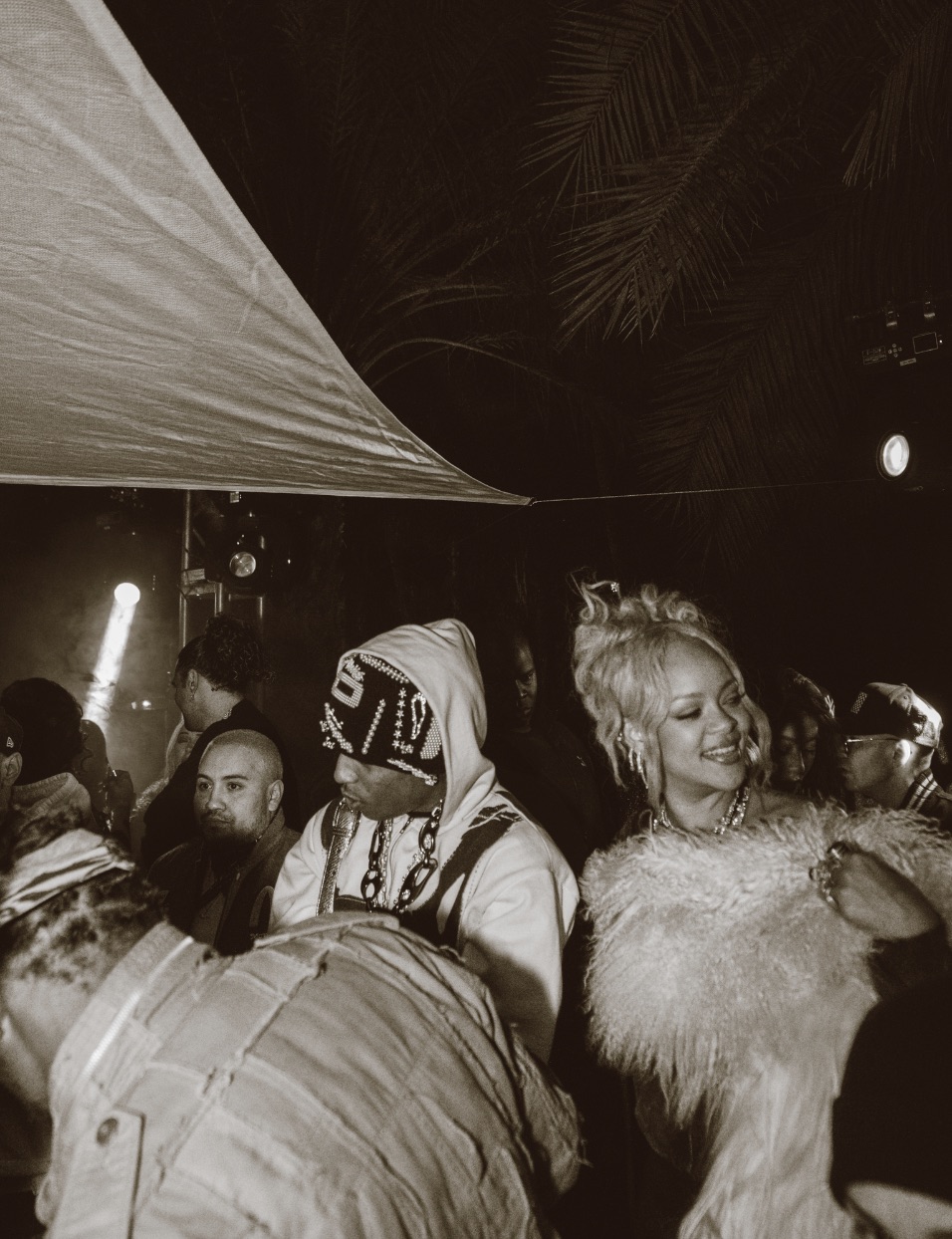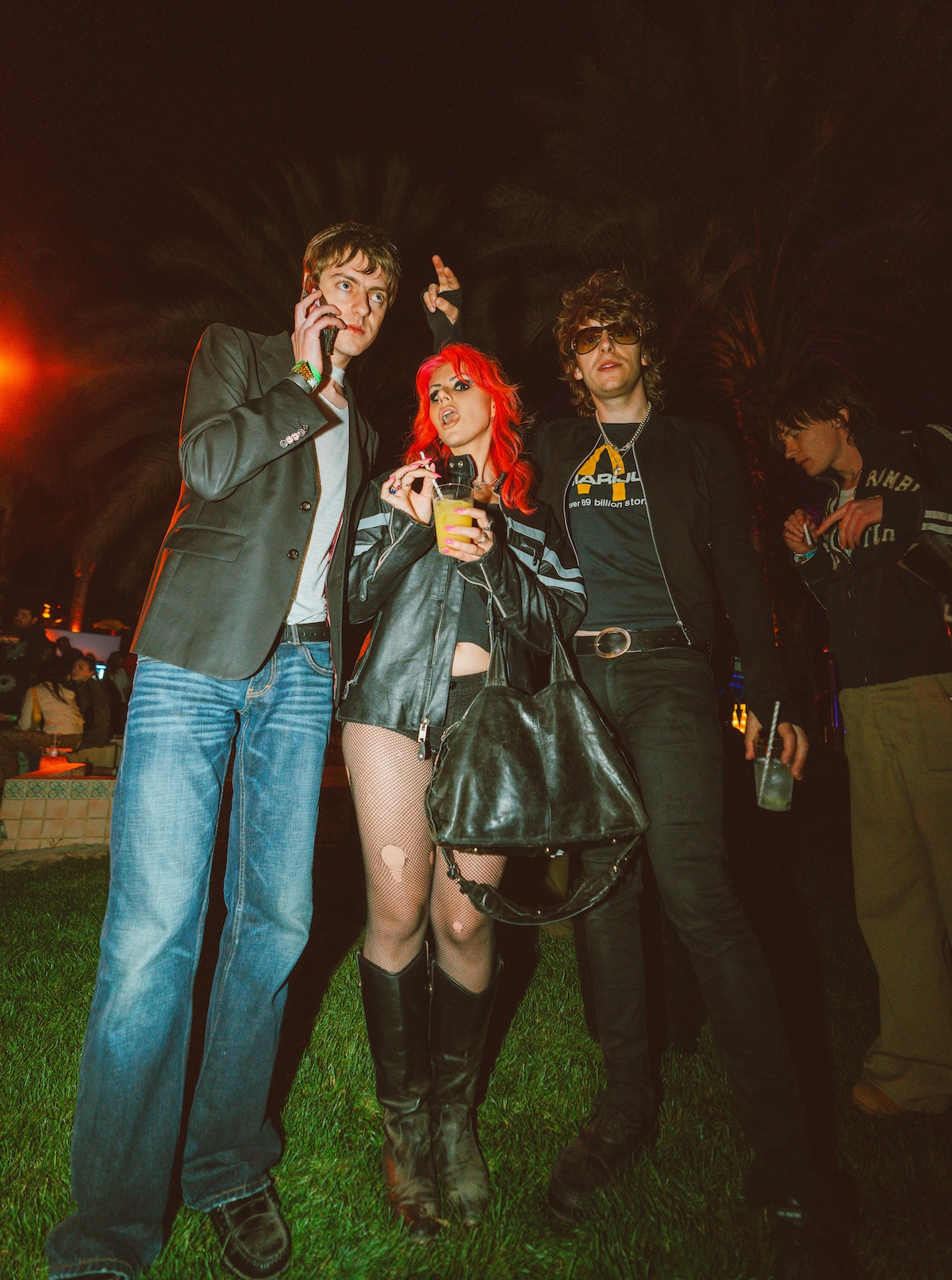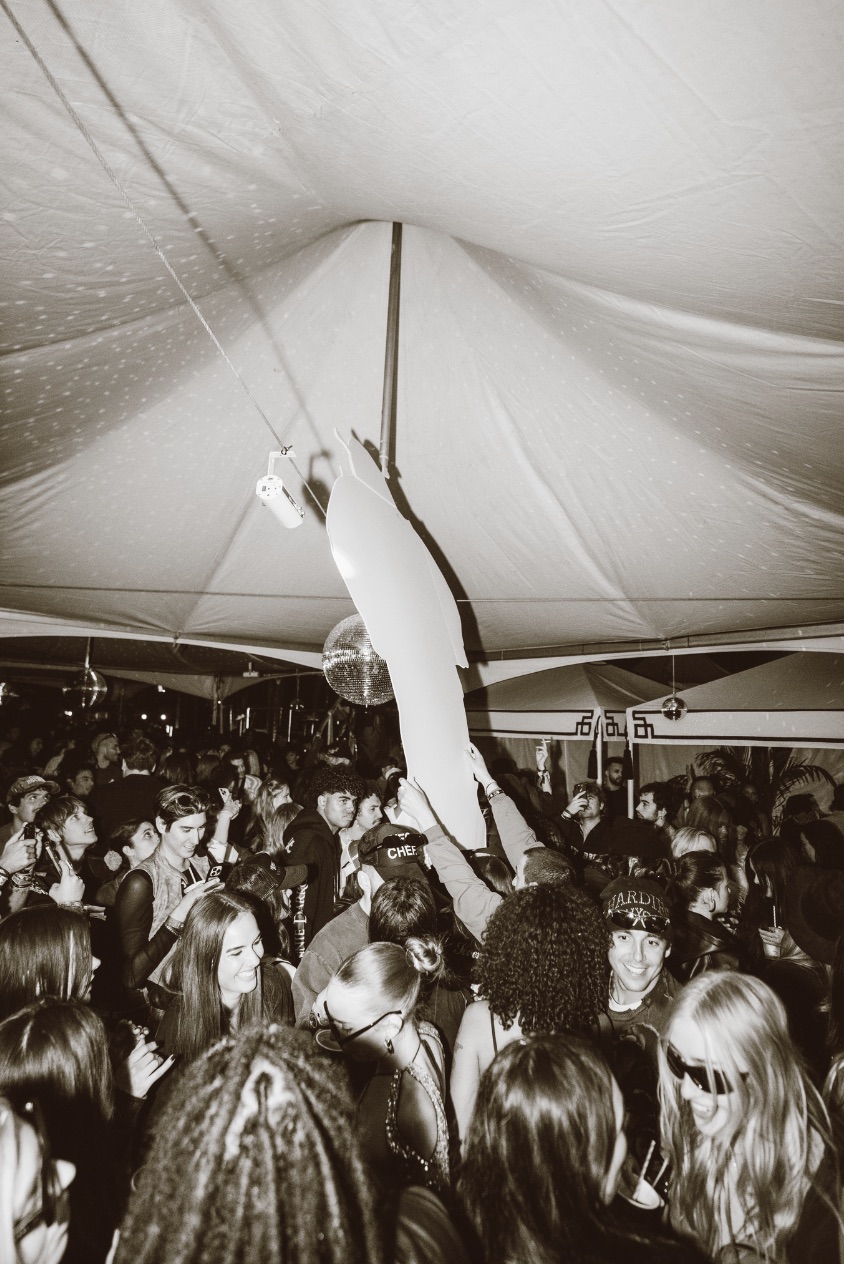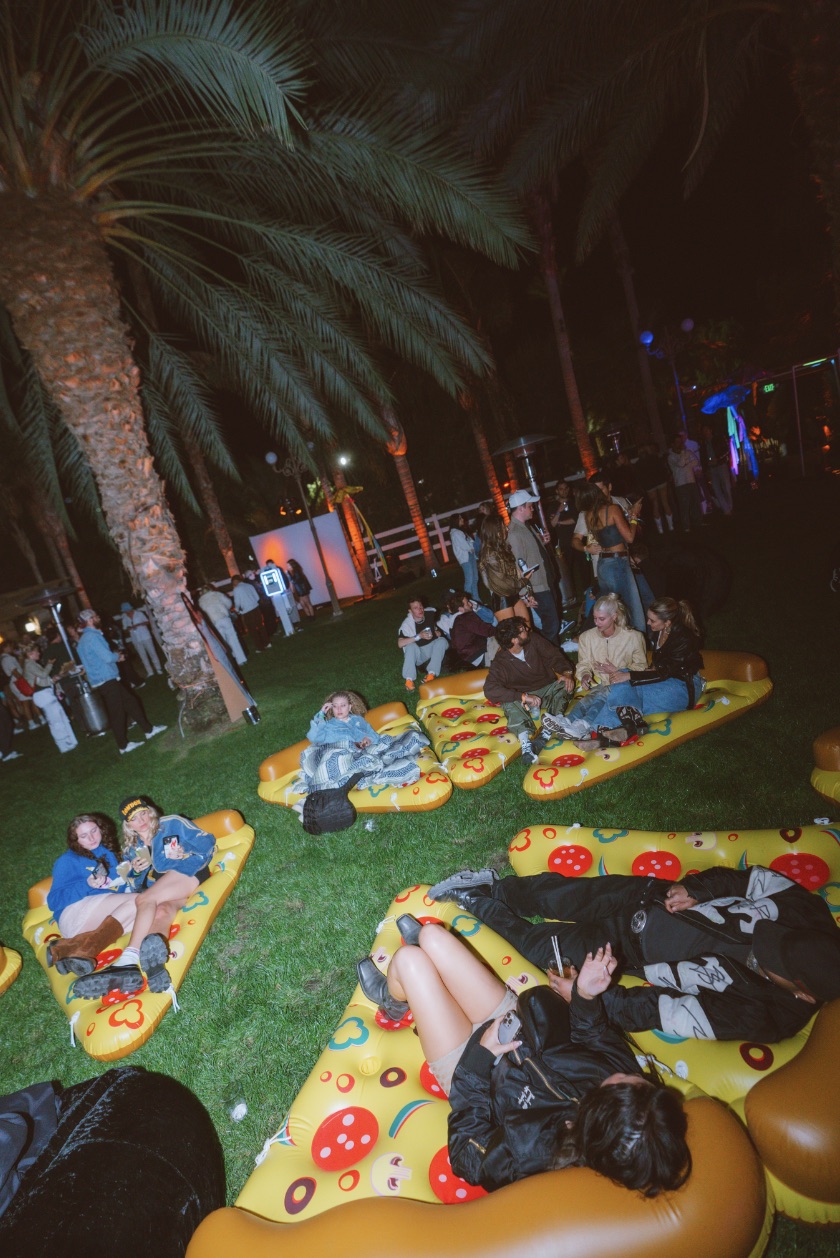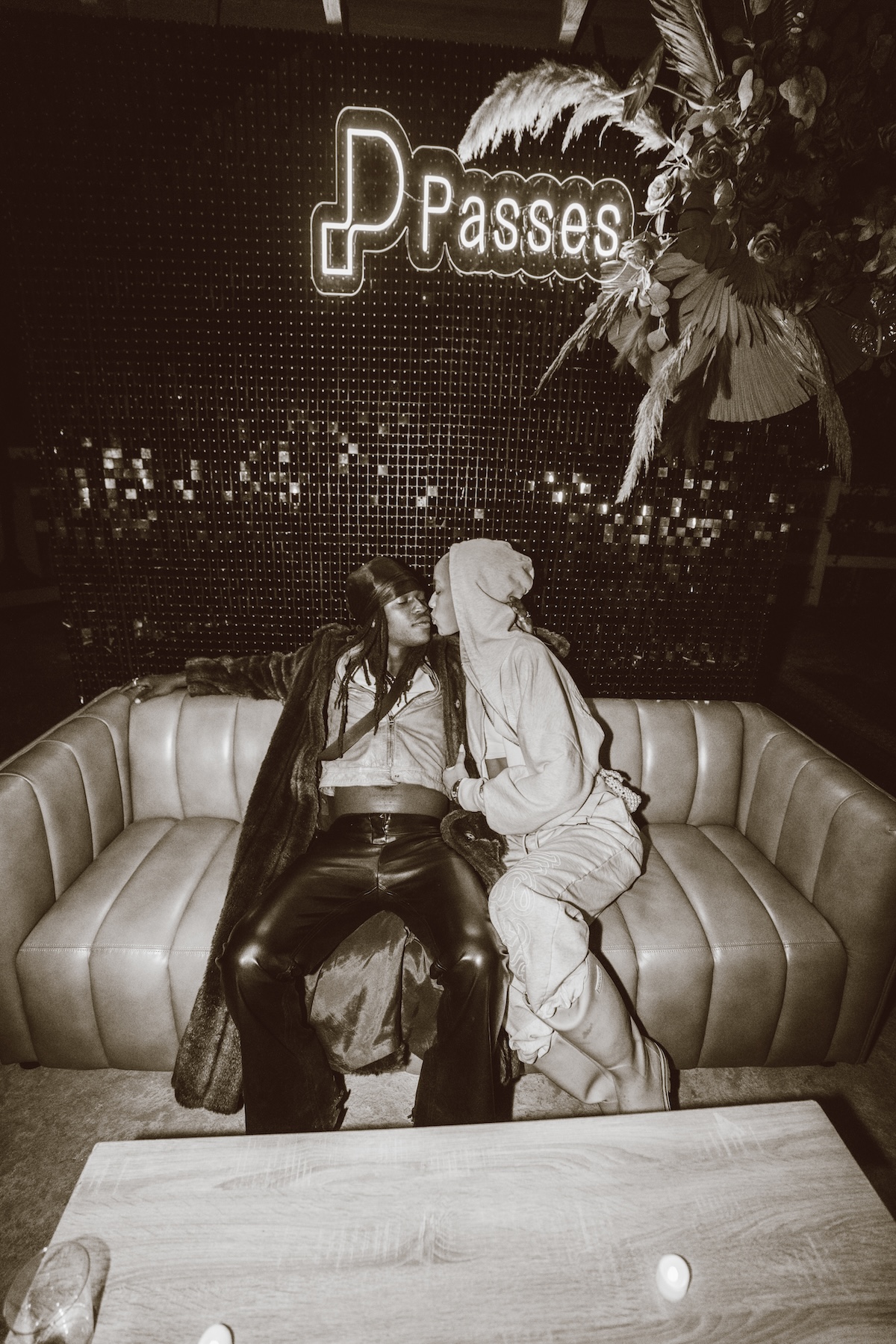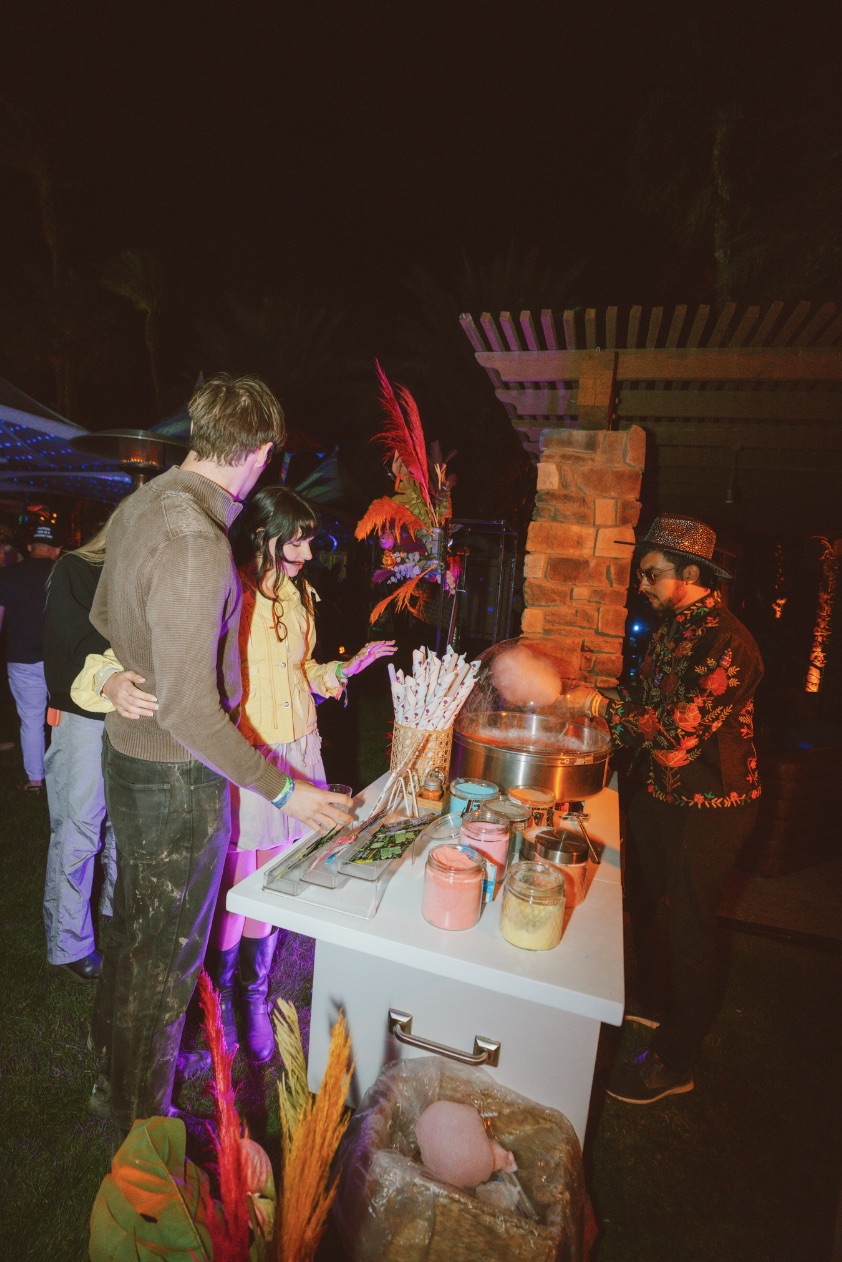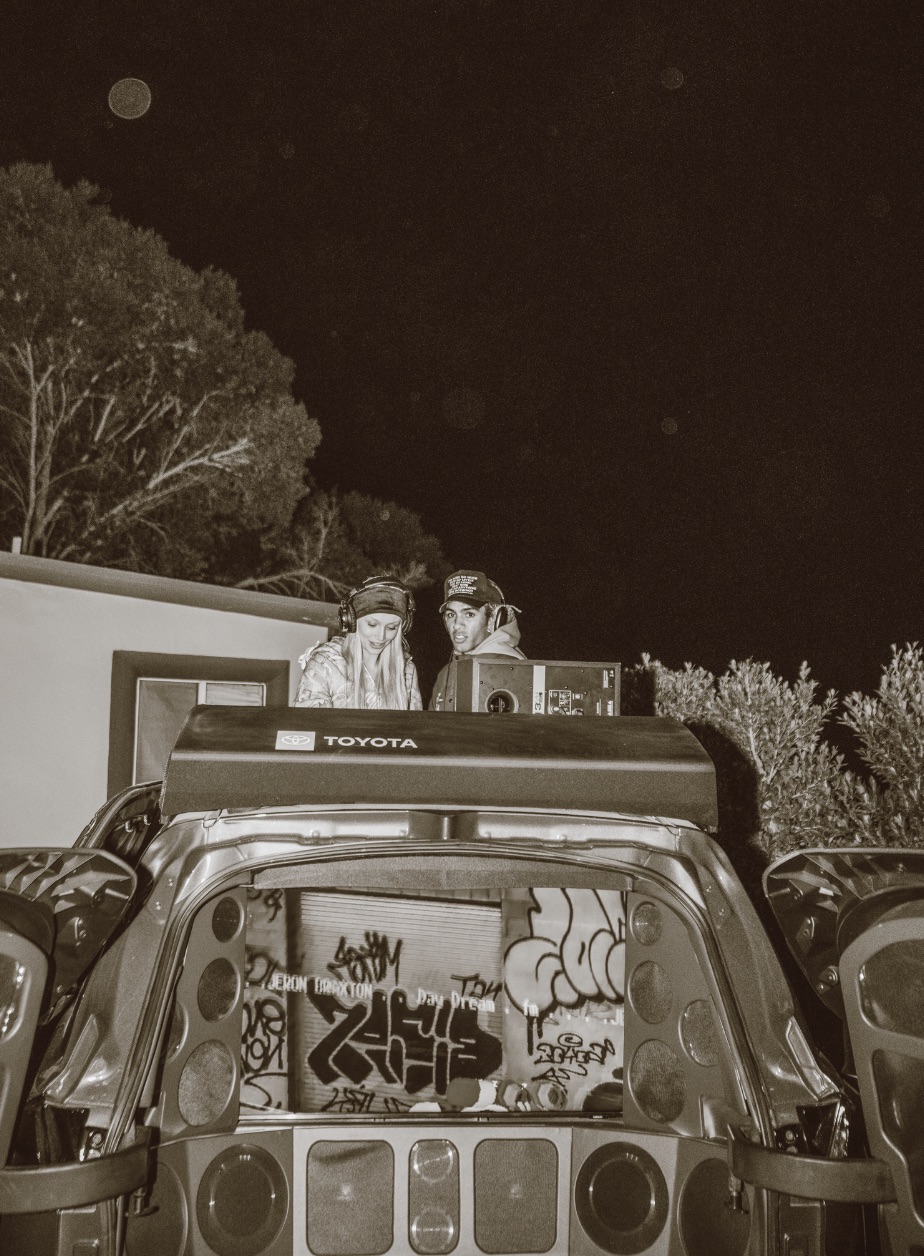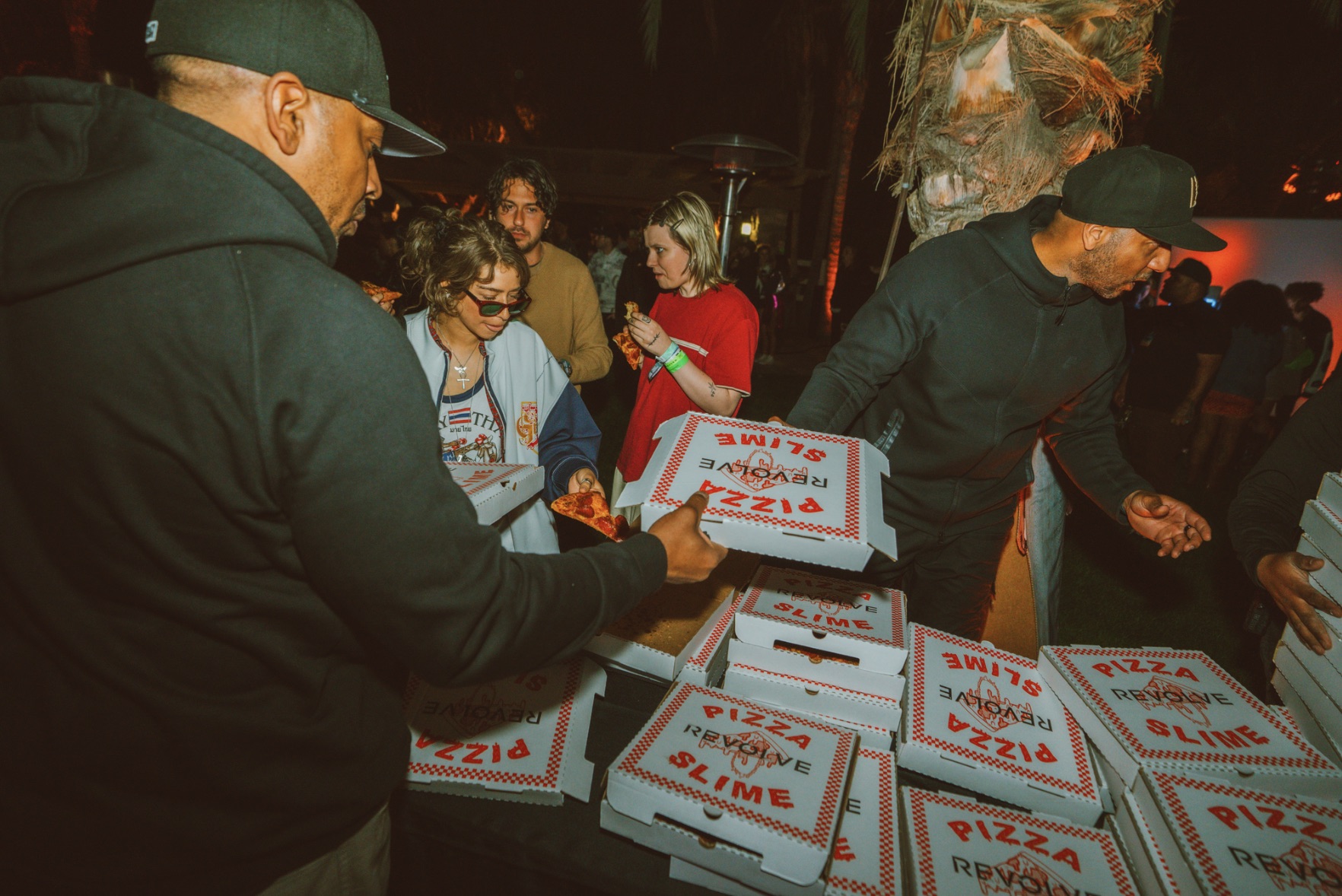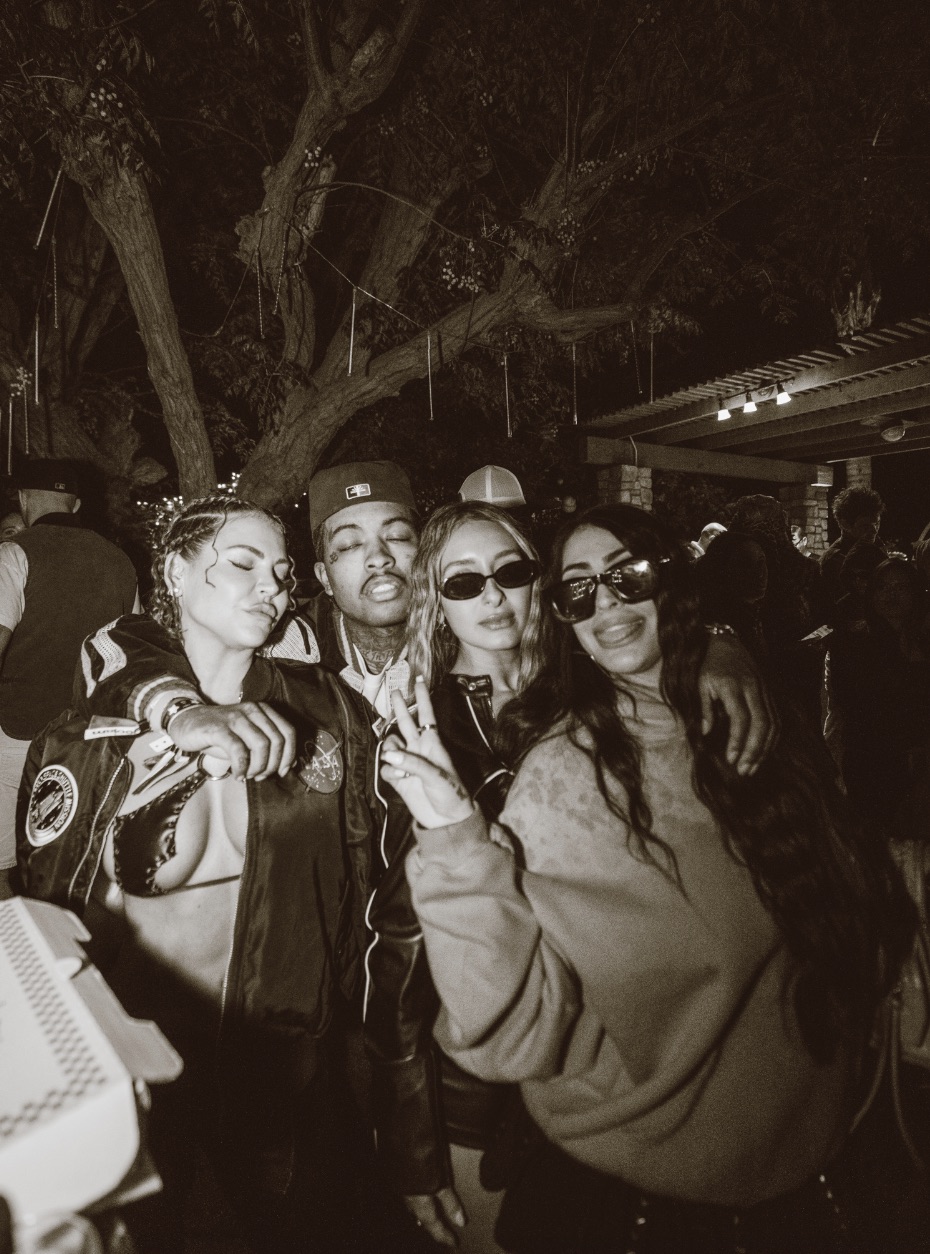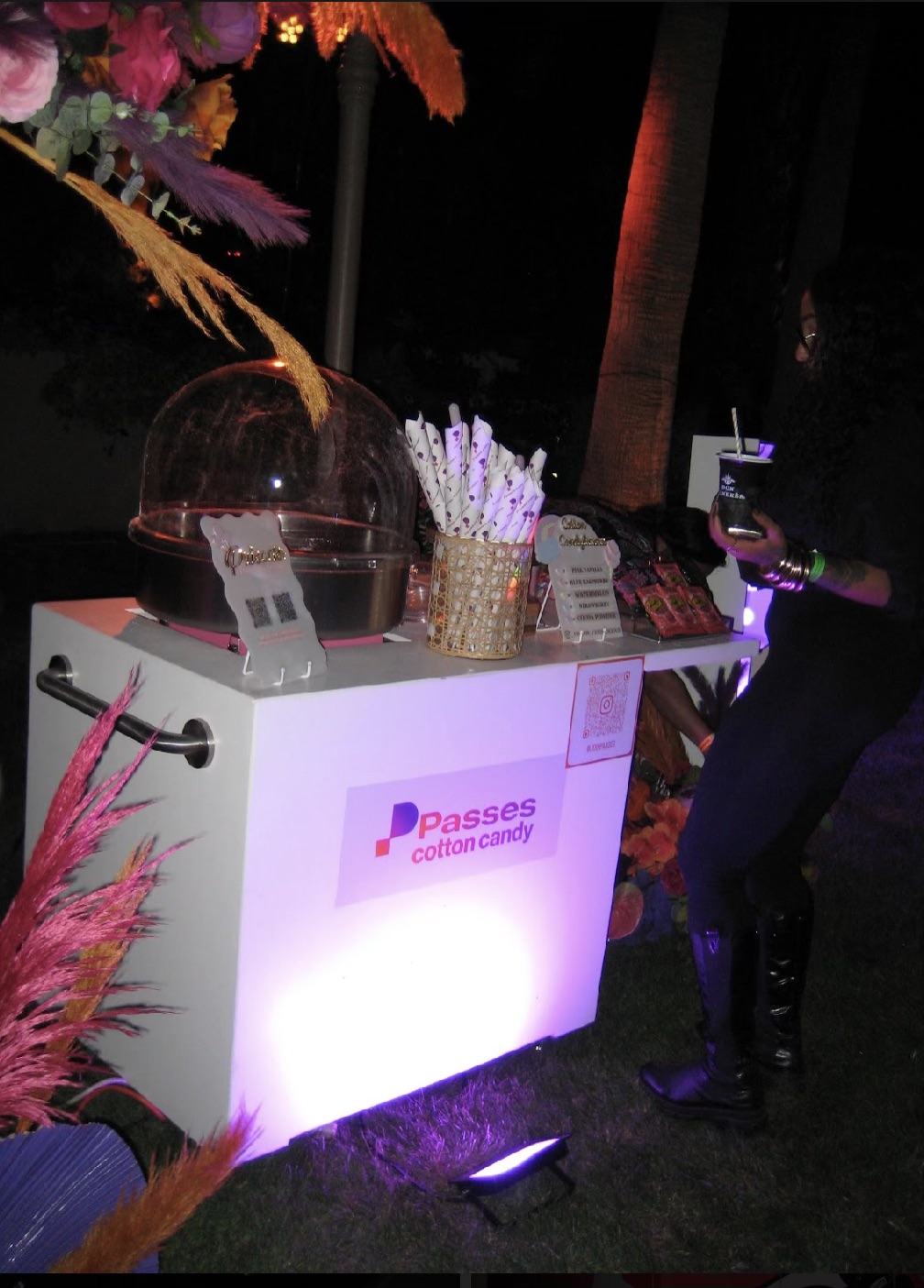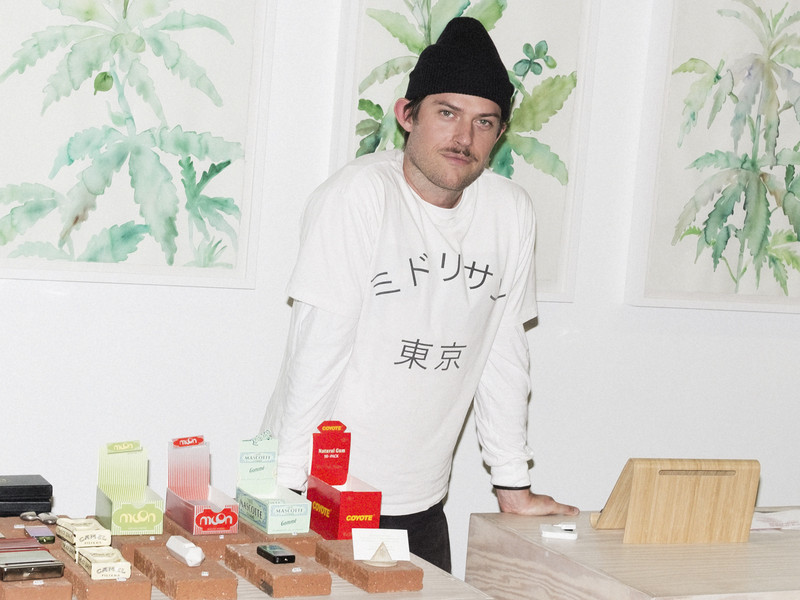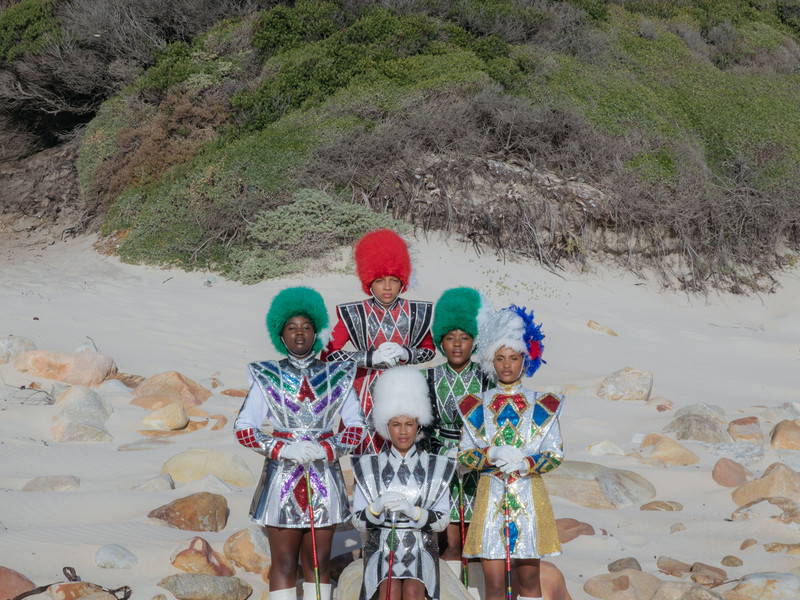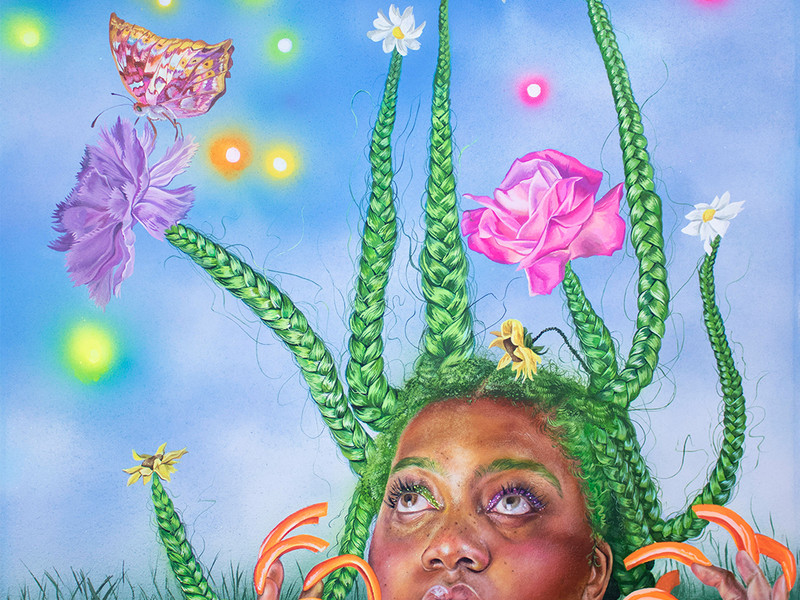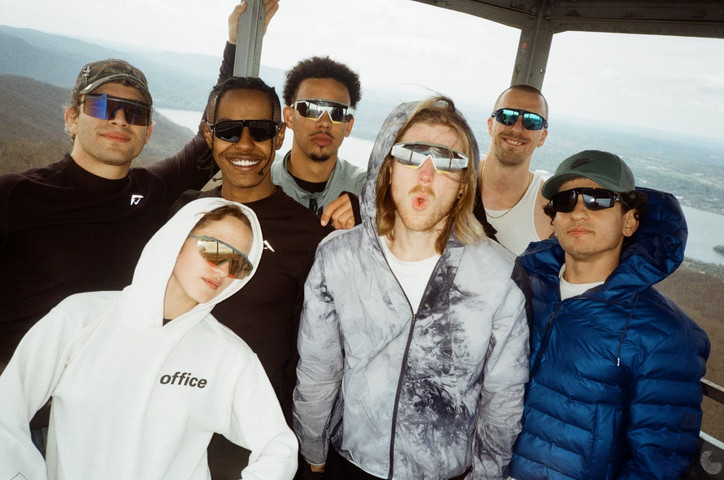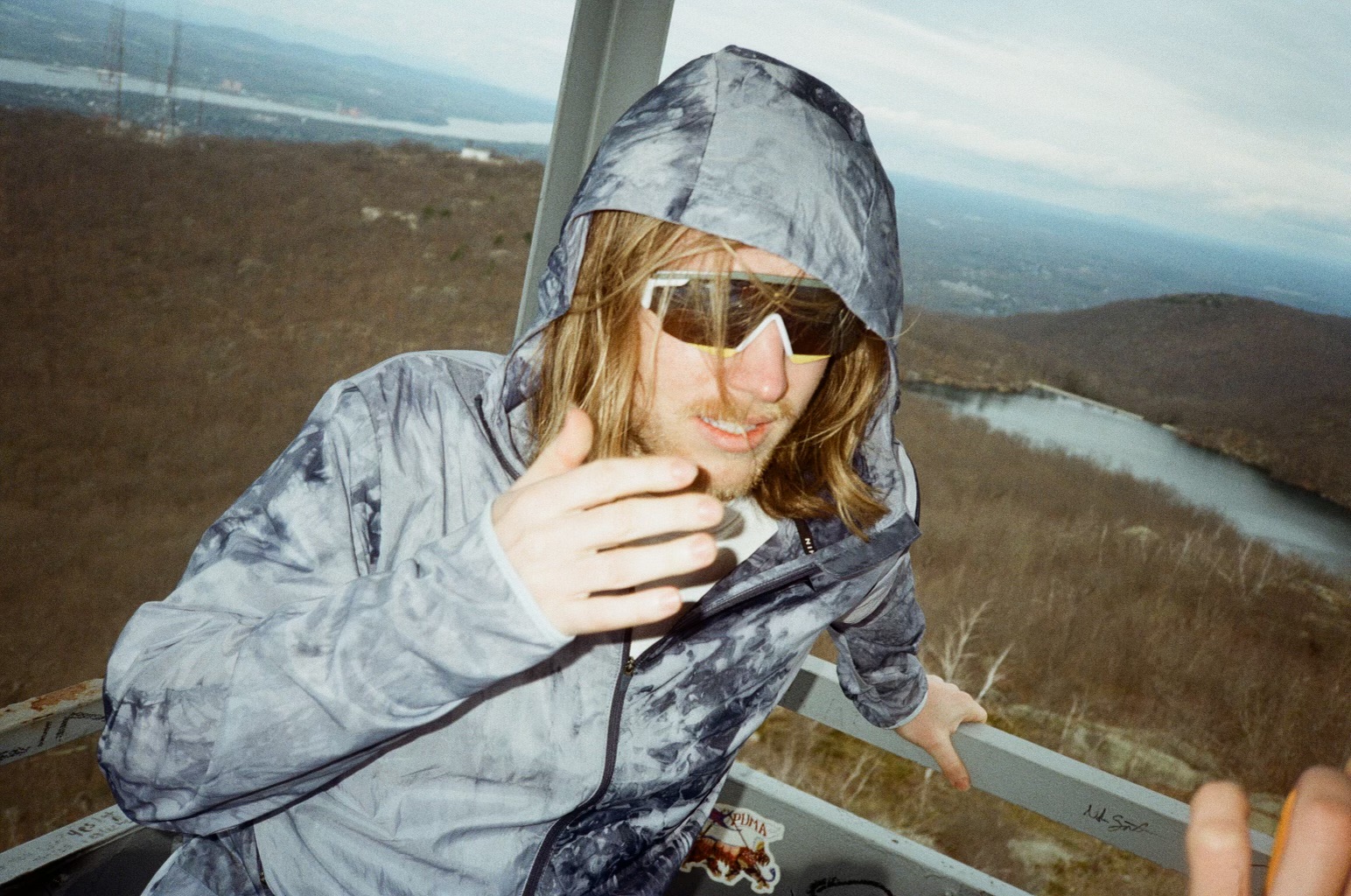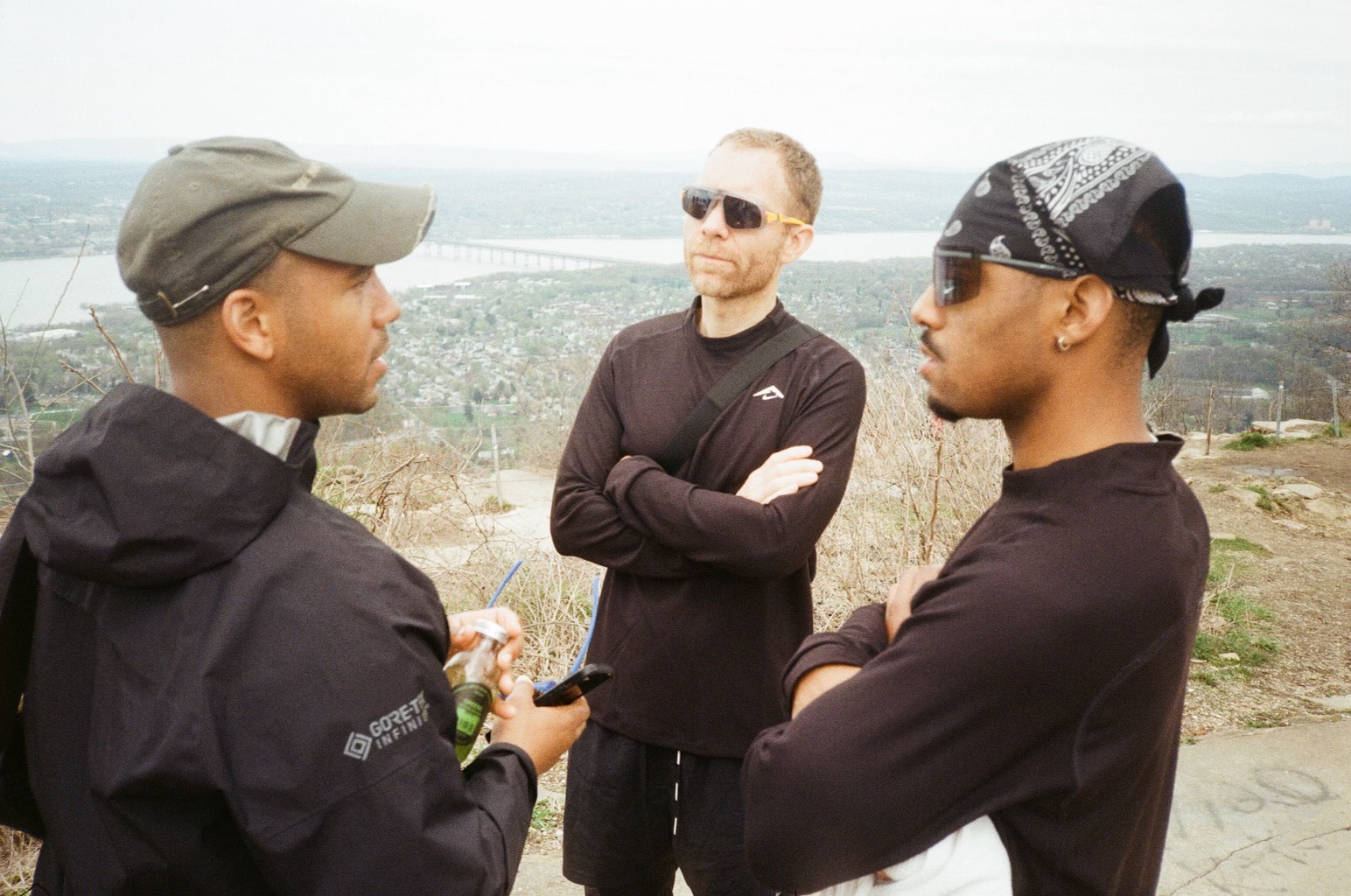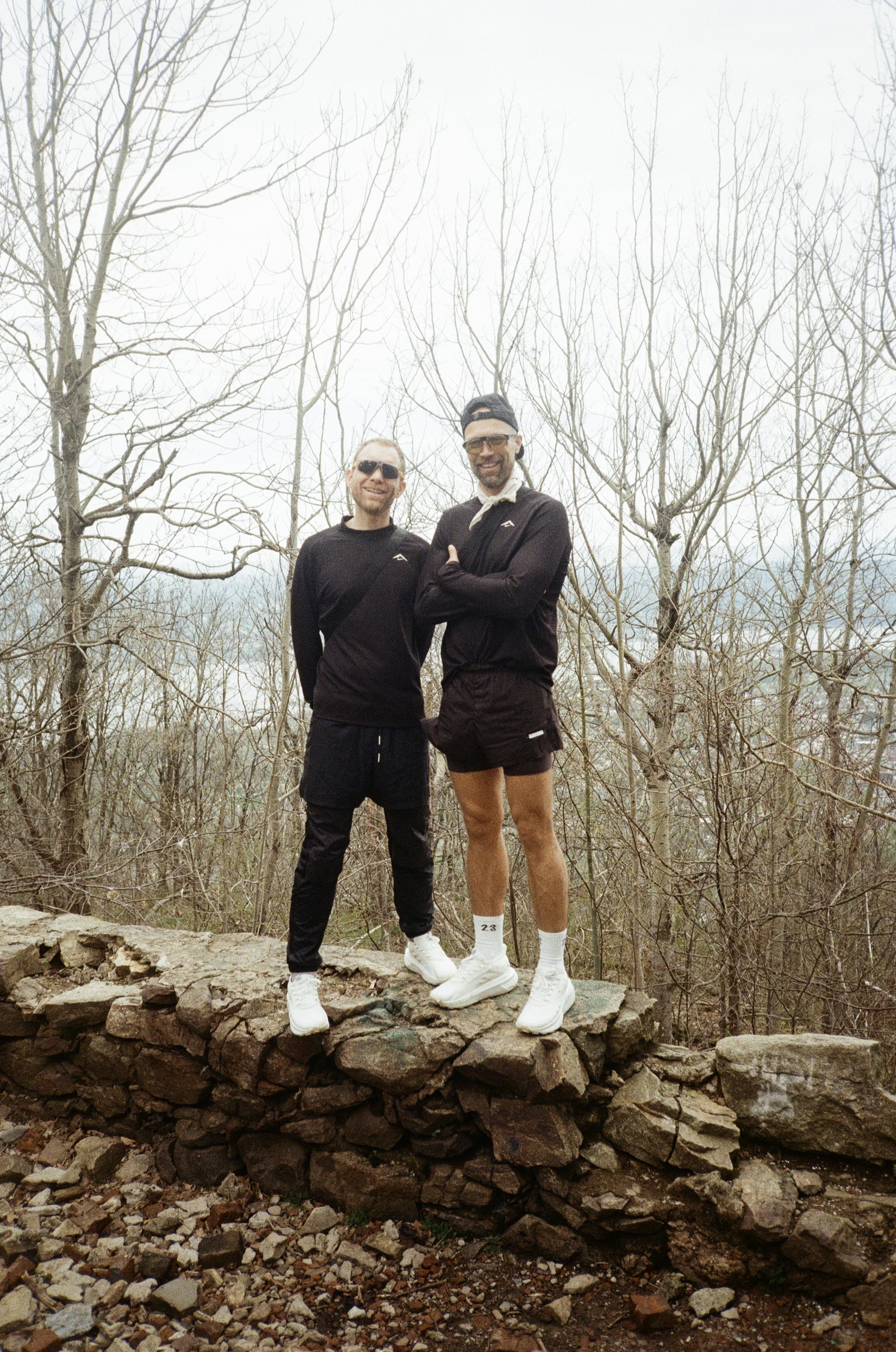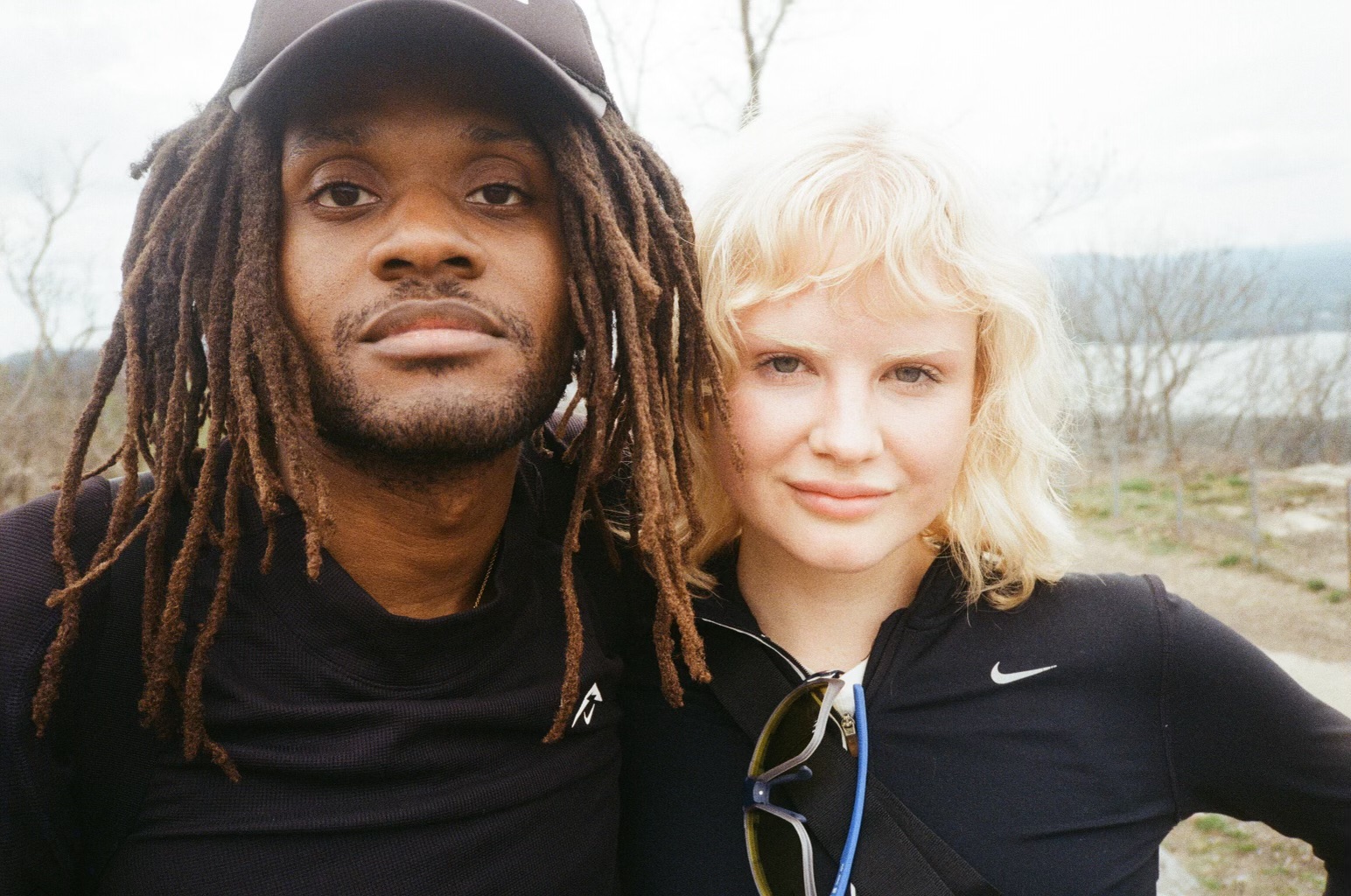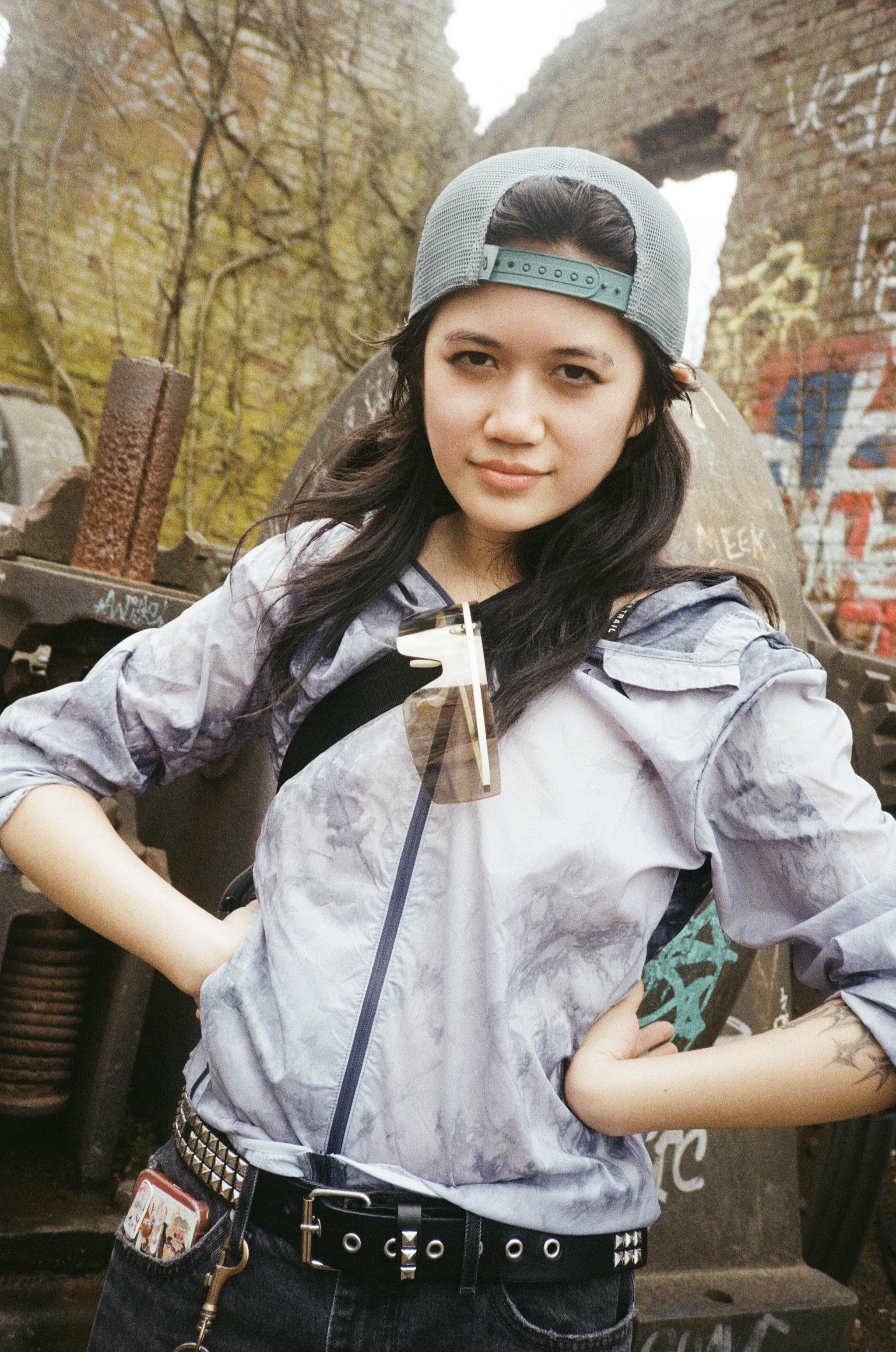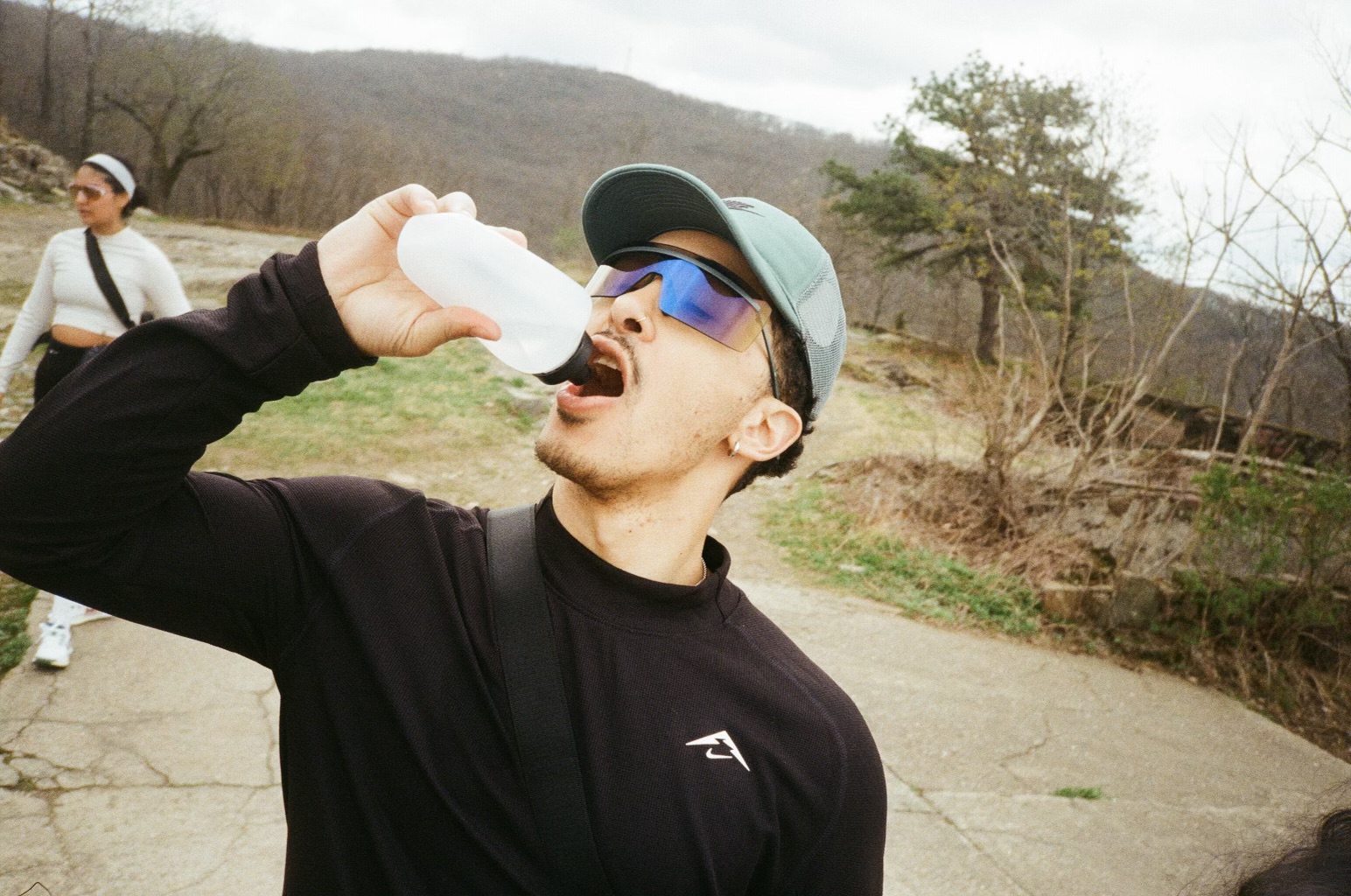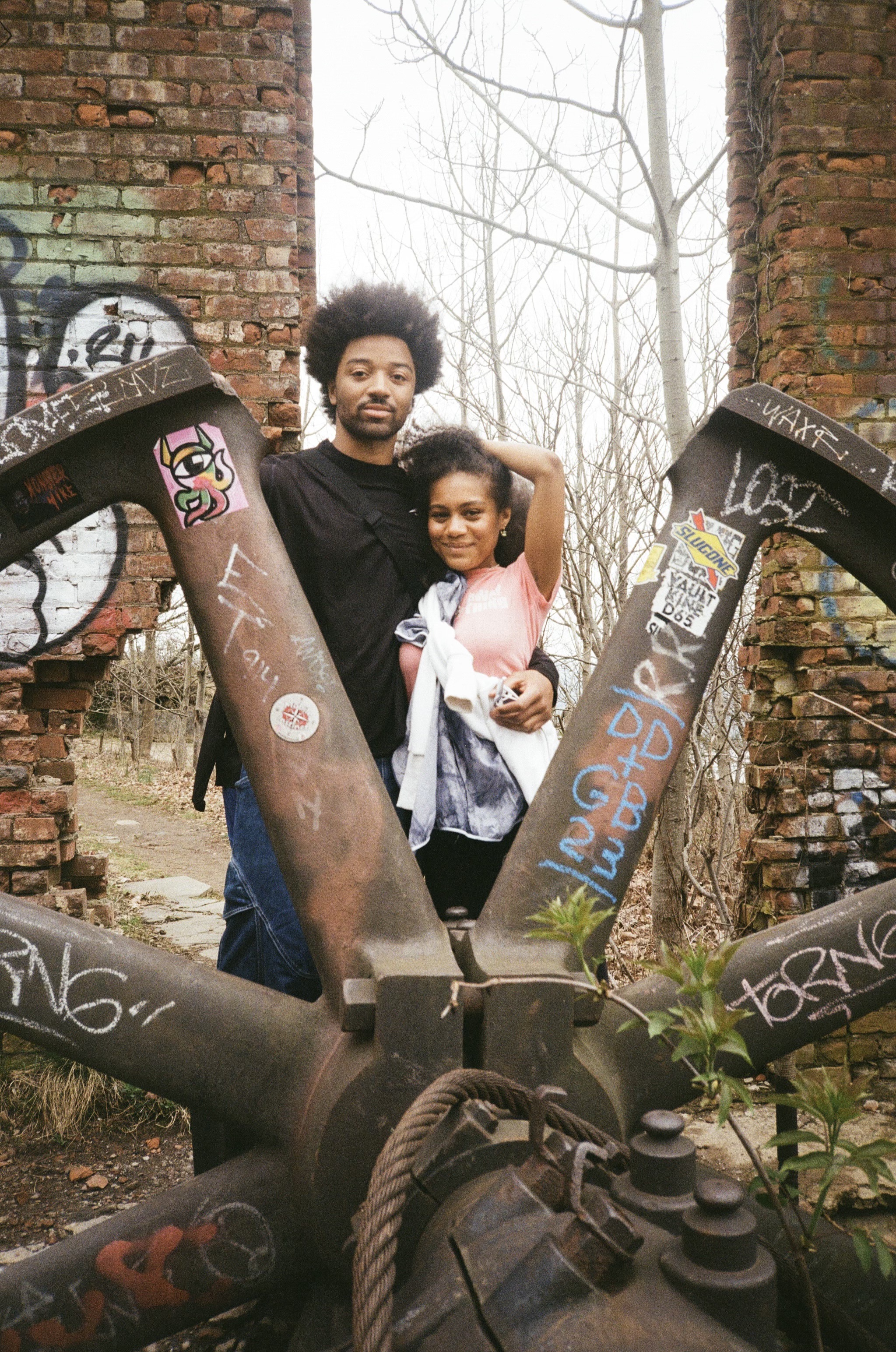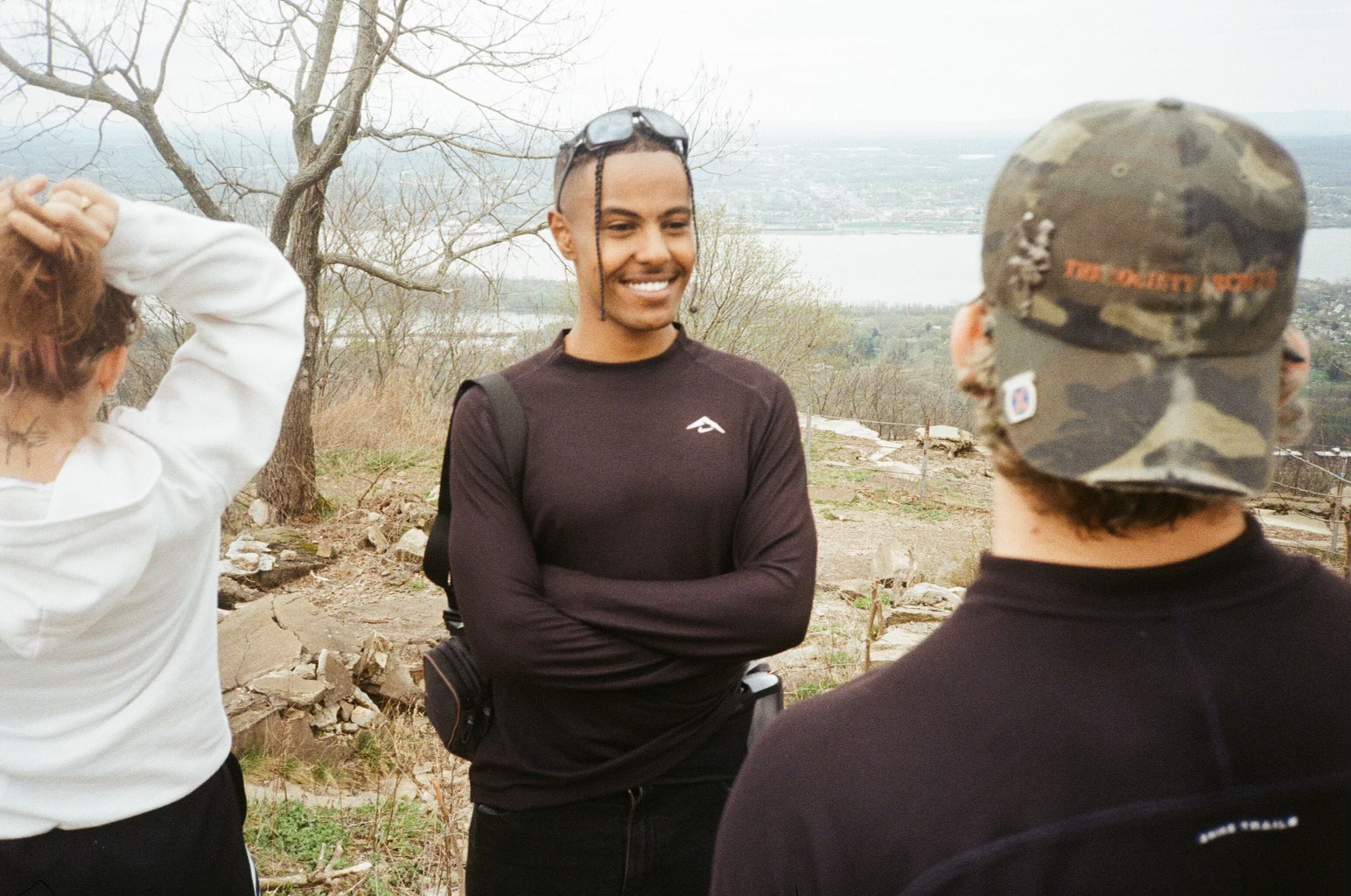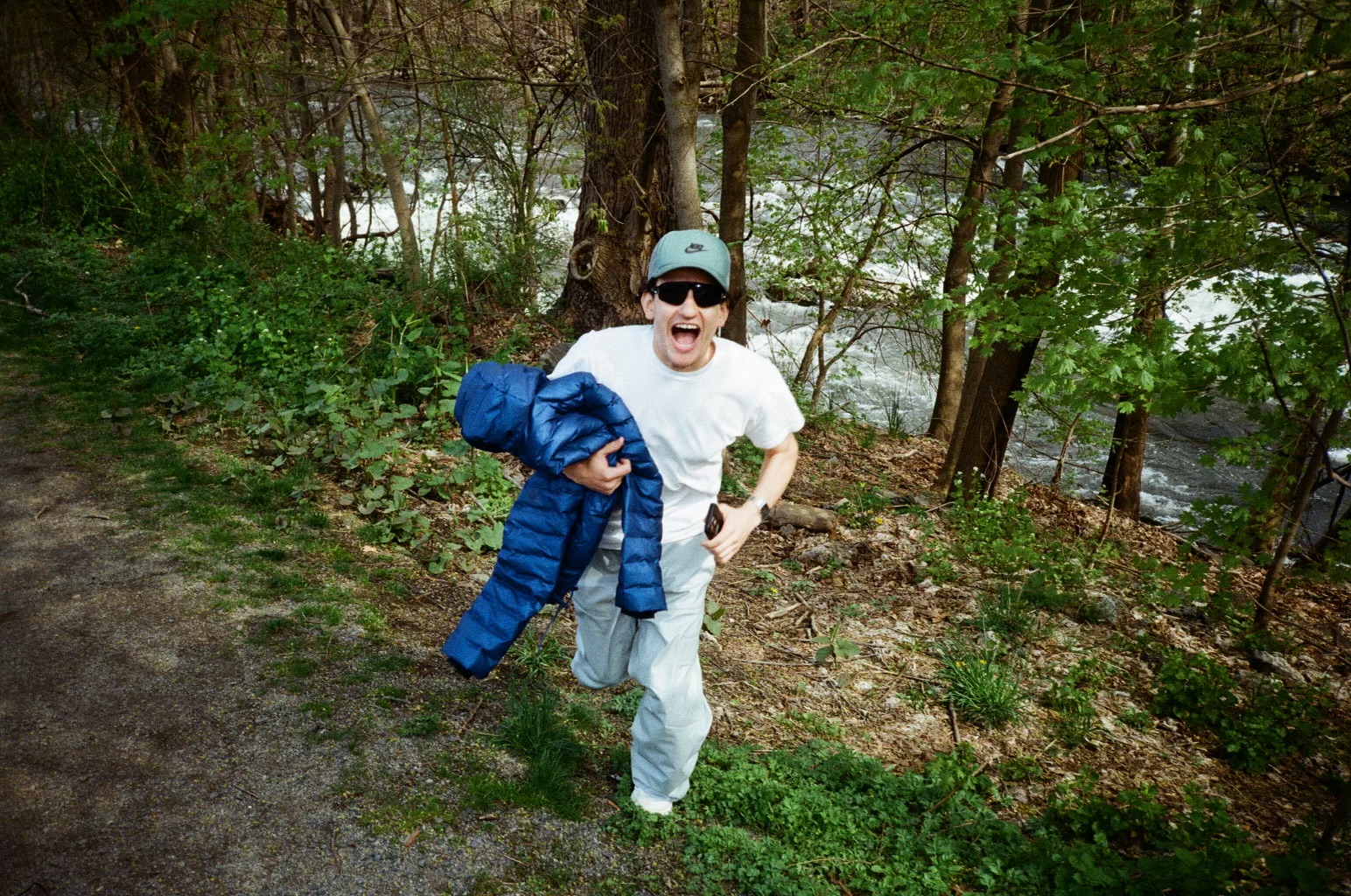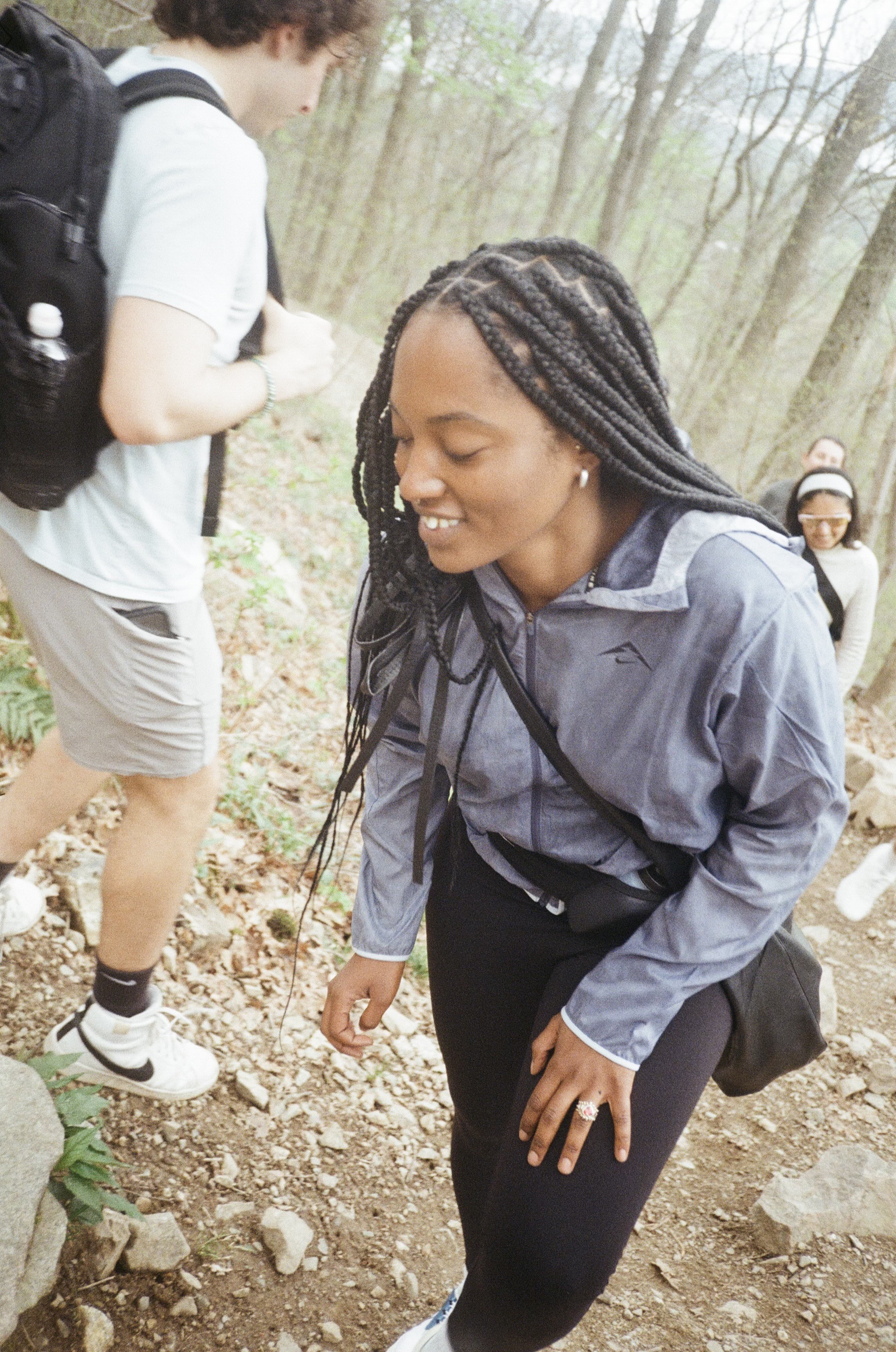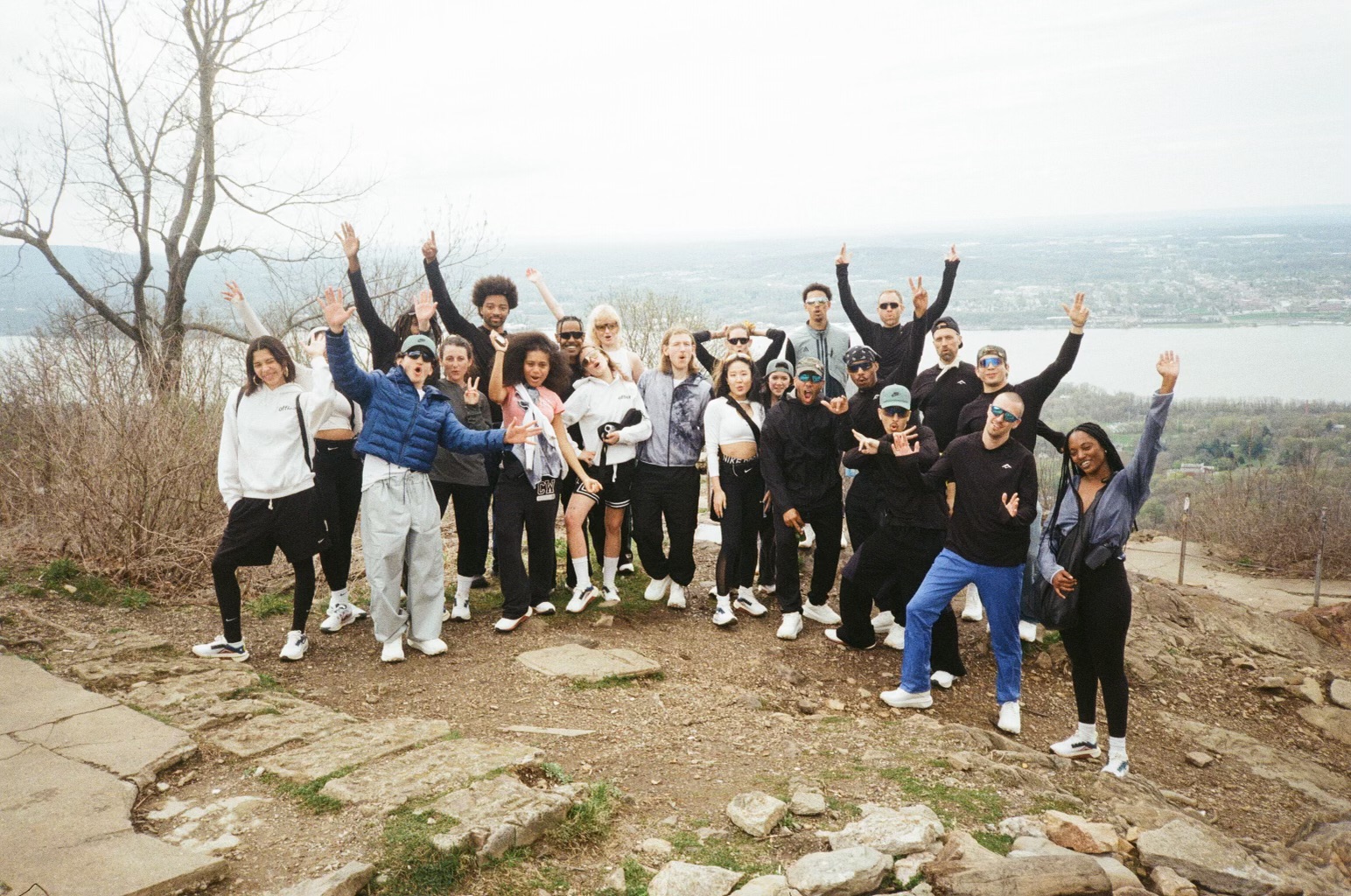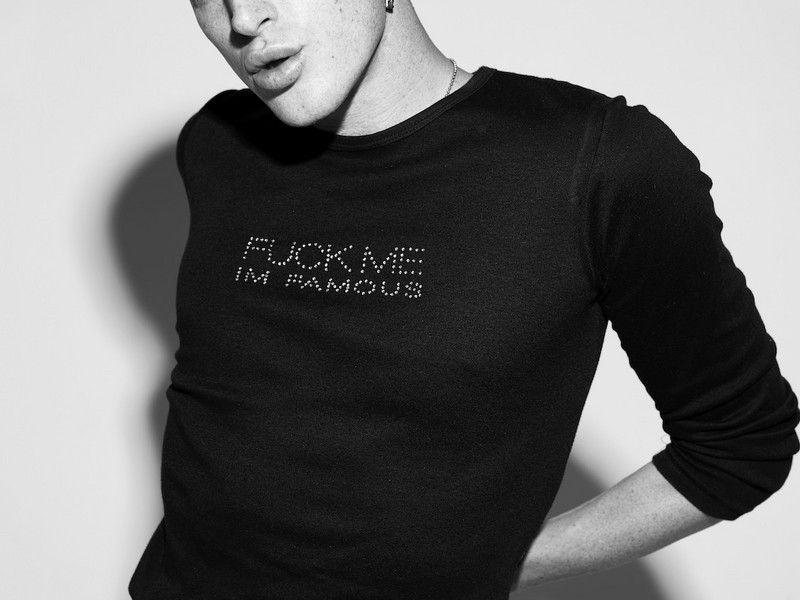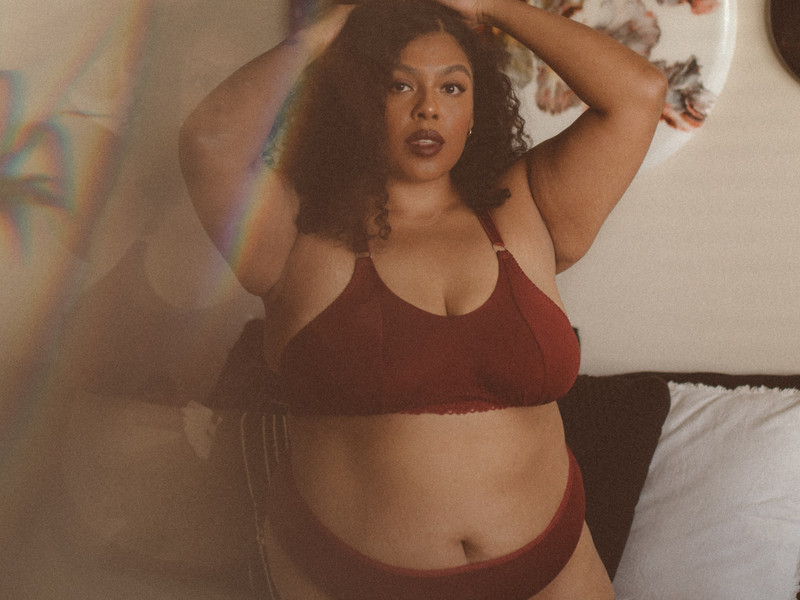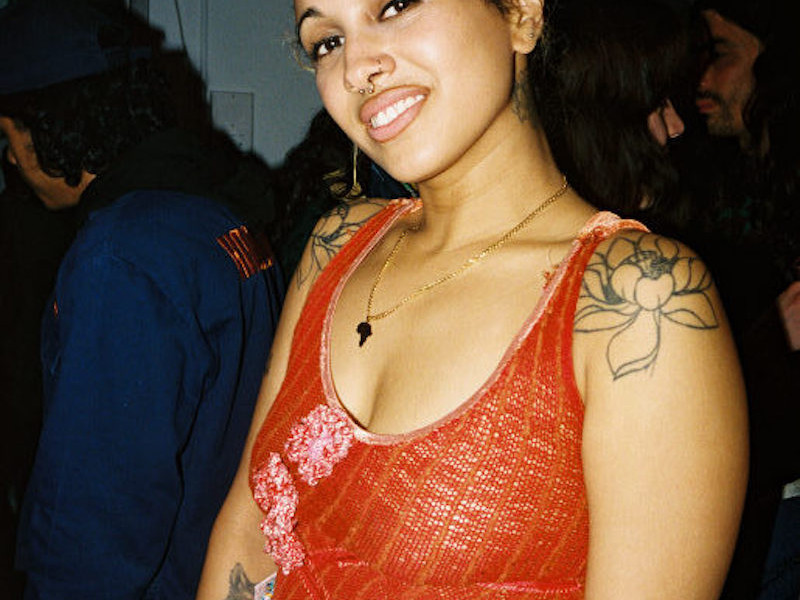Fossil Free Future, Man Camps and Ru Paul: A Two Spirited Restoration
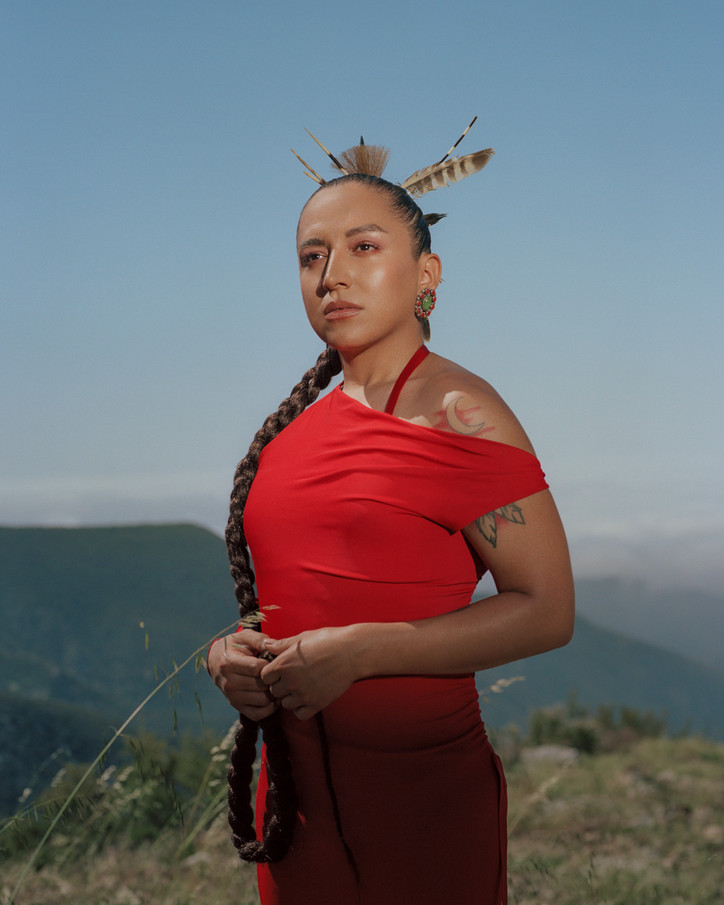
In a post covid world where we learned how to be accountable for how we keep Black and Queer people safe, there is still an overlooked American Pandemic at the surface: The Climate Crisis. Up until this interview with Water Protector, Climate Activist and Co Founder of the Int'l Indigenous Youth Council (IIYC), Thomas Lopez, Maxwell never knew how even fundamentally BIPOC companies profit off of the climate crisis, and the destruction the fossil fuel industry brings to Indigenous communities.
Why is it that the media holds such little data on the crimes that happen in these spaces? Why do celebrities involved in the oil fracking industry keep so quiet on exactly who they are willing to harm? Even in an era where protesting is ‘trending’, where are the articles on the daily fights of climate activists on Indigenous lands? It's a hard truth to swallow, but as Thomas explains, “In order for America to exist, Indigenous people had to be removed.” and after their conversation, Maxwell realized how strategic the states have been in making sure these stories are forgotten.
Indigenous Peoples Day was on October 11 and it kicked off “ People VS Fossil Fuels “, a week of action leading up to October 29 when young people globally will be taking to the streets for a Fossil Free Future. Maxwell Vice sat down with Two-Spirit leader Thomas Lopez about Climate Activism, the fossil fuel industry, and well-respected names supporting the Climate Crisis.
The vast majority of mainstream media has turned a blind eye to this harm and the communities it affects, Climate Activist Thomas Lopez has remained as a consistent voice speaking on these injustices. The intention of this piece and the photos that coincide with it is to illustrate the beauty, strength and, resilience of queer indigenous communities in the face of these atrocities.
The shoot features Lopez in 2 looks both connected by a predominant use of the color red, the official color of the Missing and Murdered Indigenous Women Movement (MMIW).
Check out the interview and editorial below.
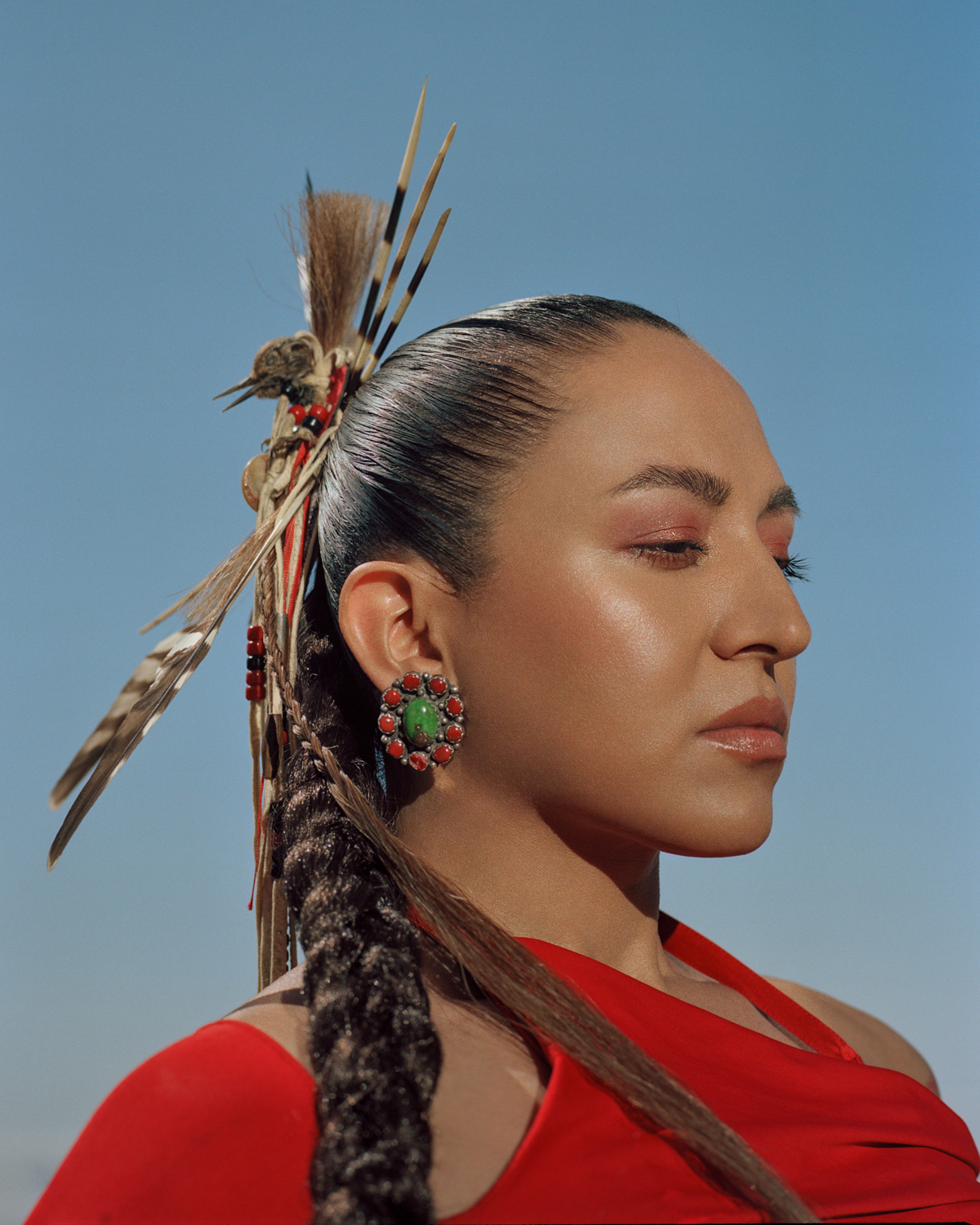
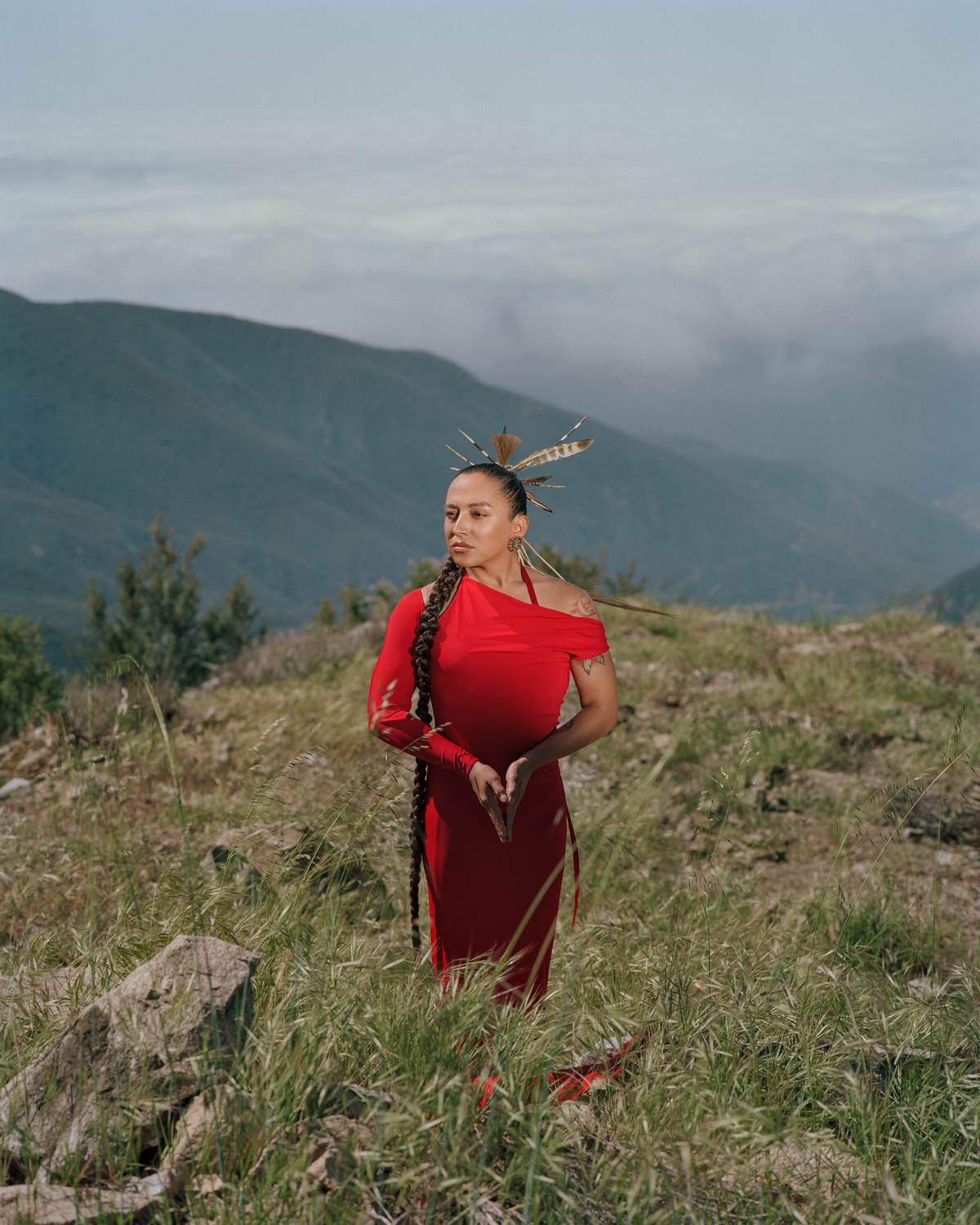
Maxwell 一 Hi, is this Thomas?
Thomas 一 Yes it is! Is this Maxwell or Vice? Not sure which name you go by...
M 一 Vice is my last name so everyone calls me that, makes me sound a lot scarier than I am Ahah. I talked to Marcus Correa who casted me for the Willy Chavarria show about you and your work. He showed me these beautiful images he curated for you. How long ago were these pictures taken?
T 一 We shot them in April 2021 so a few months ago. We’ve just been trying to find the right place to showcase them. Me and Marcus are like cousins. We grew up together being little hood kids, now we are working on this climate finance campaign together. We both grew up in Denver so we always had a mix of urban and Indigenous cultures in our lives.
M 一 I don't get to really meet any Central-American or Indigenous people in the industry, yet alone get a chance to interview them so I’m honored. I wanted to ask if you could explain to the Readers, what is Climate Activism? For those who may not be aware of what these activists do.
T 一I can! I can even tie it right back to pop culture and the industry too, because it impacts everything. As Indigenous people, caring for the earth is not something separate of self. We’re raised knowing that the earth is not an endless resource but a sacred source of life. It wasn't until the Standing Rock uprising of 2016 where I began to hear the terms “Water Protector,” “Land Defender,” and “Climate Activist” which is a person who works towards healing the earth from the harm we’ve already caused. This can be done in many different ways. For example, Marcus and I work on a campaign that goes after the banks and financial institutions that are upholding the Fossil Fuel Industries. Others feel there is a more direct way of interfering with these systems, but ultimately a Climate Activist is someone who works towards protecting the health and wellness of land, water, and air for the next seven generations.
M 一 I’ve never personally met someone who was involved in Standing Rock, and I can't imagine the resilience it takes to be on those frontlines. During the BLM protests I personally saw many correlations to how the state treats those with rights to land, and I found that in both instances the front lining protestors were always brown women or brown queer people. I know there's a lack of protection over queer and femme folk in these spaces, and I could imagine its no different for the Indigenous communities. Could you talk about the navigation of these kinds of people in your community?
T 一 Before going into the gender issues in Indigenous communities, you have to know who I am. It gives more context to what I do and the navigation I have in these spaces. I am Otomi and Sicangu Lakota; I also identify as Xicano. I am a Grandchild of Chief of Chiefs Leonard Crowdog Sr. He passed away in June 2021. He was a big influence in my life and to the community internationally as he played a really heavy role in the American Indian Movement (AIM) in the 1960’s-the 1970s and I am a resulting generation of his life’s work. Growing up my Father was a Sundance Chief, and my Mother was a Water Woman. They are both highly respected amongst the Xicano and Lakota communities, so growing up I had a very different experience than a lot of the other Queer, Trans, and Two-Spirited people for the simple fact that... No one was going to come fucking with my parents. Do you know what I mean? *laughs*
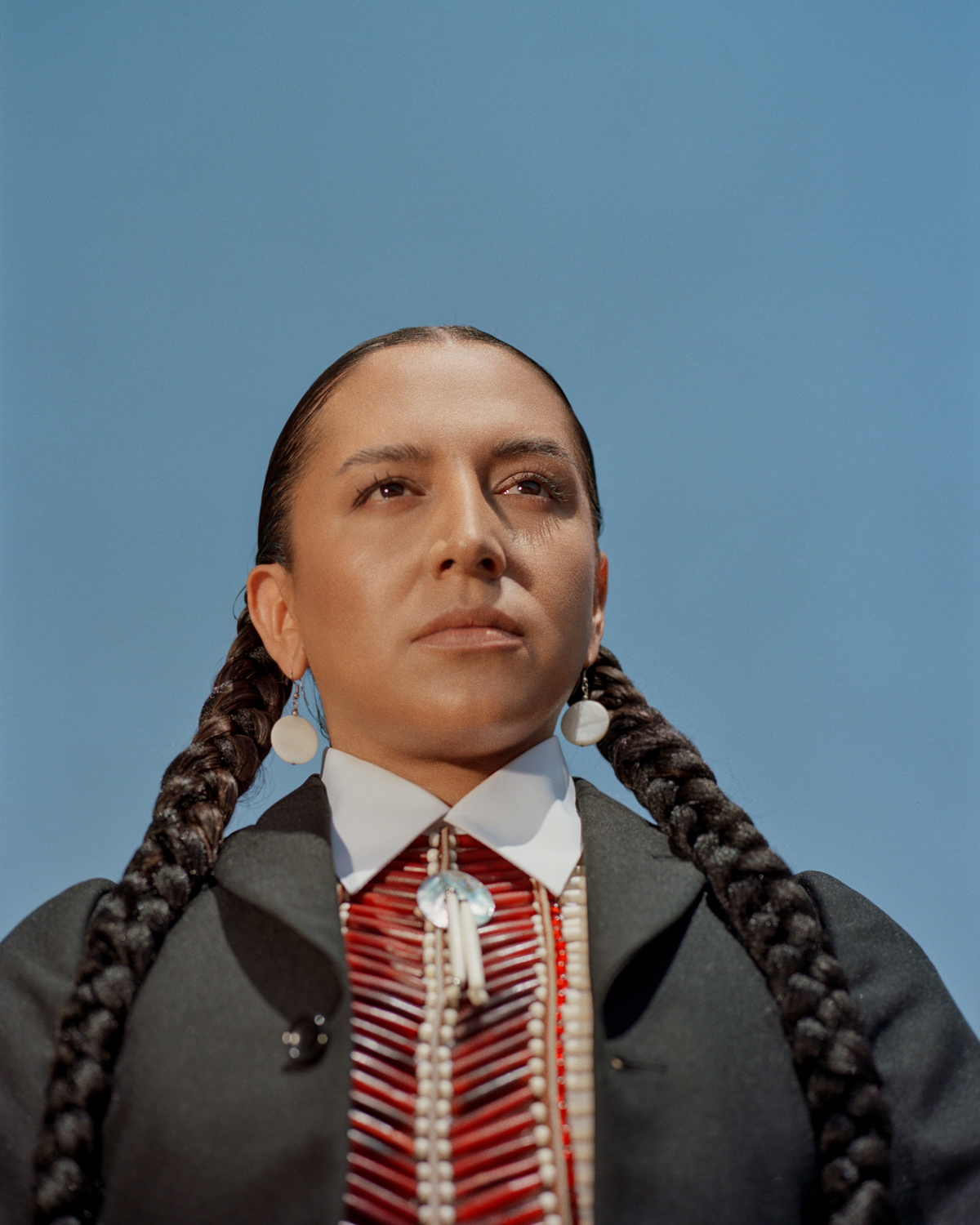
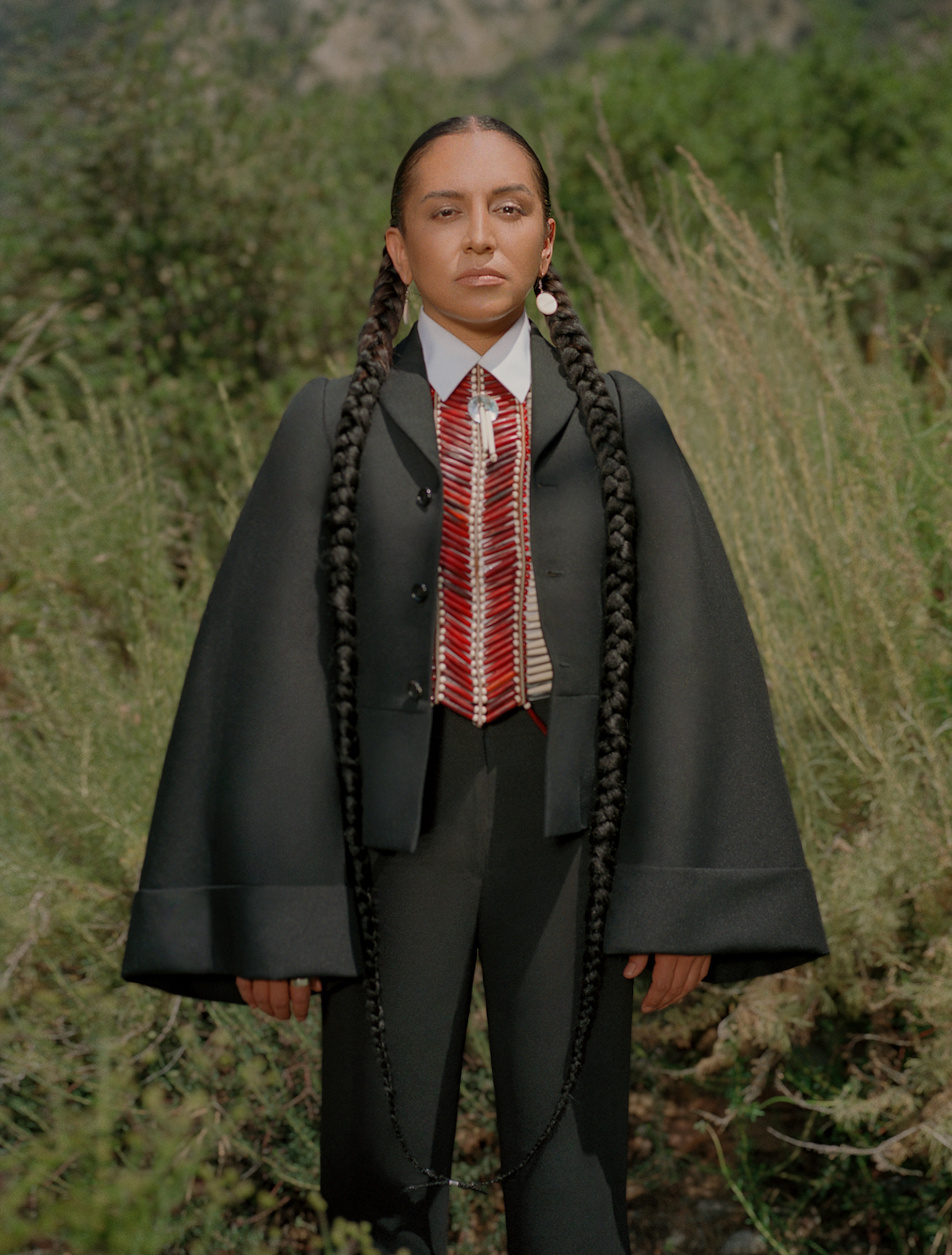
M 一 Right! Don’t come fucking with the fam before the fam comes fucking with you! *laughs*
T 一 Exactly! You don't disrespect people’s children, you just don't. And my parents always supported me and had my back. One thing people don’t always realize is that Indigenous communities are often their own sovereign nations and we have a lot of respect for our chiefs and elders, so I always felt protected by that. I can't say however that it is the same experience every Two-Spirit person gets in the communities. Yes, we live in 2021, but the way many tribes operate is still very patriarchal and that comes with the lack of protection for femmes and queer people. To be honest, most Two-Spirit people are often aggressively erased from the community. Growing up on the Rez (reservations), it can be very dangerous for Trans or Two-Spirit people. A lot of us get abused, go missing or get murdered. Nothing is really done because no one is acknowledging that these people exist within these communities, and if you don't “exist” how can we possibly get data on these altercations to prevent them from happening? Government assistance is provided based on data, if there is no data then the state won't provide the resources needed to help. That's why it's been such a prolonged, unseen problem because no one is documenting us; no one writes about us. There is no data to support how many of us are truly affected. That's what we face in our communities, this is why I do what I do.
M 一 As a young nonbinary person I don't often get to meet any elders who have made progression not only in their community but within their identities. How is it like being given a space to be a Two-Spirited person among such a sacred space?
T 一 I’m almost 30 years old and in just 10 years the culture has changed drastically. To see how free and open it’s becoming for people like us to exist is amazing but I still see a gap. I still see this LGBTQ+ community that is supposedly supposed to represent the people and I don't see myself reflected. I don't see a space made for me or people like me being talked about. We’ve been doing what you call “Climate Activism,'' for thousands of years. We are the original caretakers of this land, and to be erased perpetuates a genocide that started 500 years ago.
M 一Why do you think it's so easy for people to overlook the Indigenous communities? It seems like it's something the media is not willing to discuss, and are purposefully being pushed out of the conversation? We learned so much on how to uplift and protect black people in 2020, and I find no one wants to apply that aid and equity to Indigenous communities and it personally really upsets me. They tend to put these man camps near BIPOC communities. These camps tend to be predominantly large groups of men with no one to regulate them, resulting in the abusive sex trade. This isn’t speculation, this is factual, and that is why once these camps pop up femme, trans, and black folks go missing. Often we speak for our Missing and Murdered Indigenous Peoples but Black women and girls are also targeted but with no way to regulate these camps those bodies usually get forgotten. It isn't just Indigenous women, you know? These are sensitive communities full of more than just us, but we are all absorbed under the affected umbrella.
T 一 Well, I know that in order for America to exist, Indigenous peoples and tribes had to be removed. The very essence of American culture is in fact forced removal and genocide. As much as it shocks us and makes us angry, it’s as American as apple pie, we're just seeing what it looks like 500 years later. It may seem passive, but it's still as violent in nature. The biggest issue as to why no one speaks on Indigenous issues is because people don't know the true history. Simple; no one knows the truth about the land they’ve come to call home, and what really went down for so many of us to have the “freedoms” we have. That lack of self-awareness is ultimately what leads to our erasure yet it's hard to get mad at people for not knowing something they never had an option to explore.
M 一 Why is it important that Indigenous people have ownership of the land? Some people don't understand the role of a land caretaker so could you elaborate on that?
T 一 There are frontline blockades and fights happening all over North, Central, and South America. At one point about 20 Indigenous people were being killed a month over protecting their homes against some type of resource extractive industry. So, when we look at this it's not just pipelines, you know? It's the culture of over-extracting. We are taking too much from the earth and we are not giving her enough time to recover. This is our greatest downfall, we have already done things to the earth that we can't reverse but there is hope. Indigenous people make up 5% of the world's population. We manage 22% of the land around the world while 80% of the planet's biodiversity exists in the land we are caretakers. People who've had connections to this land for thousands of years know how to tend to it however not even we can own the land. Rather, the land owns us.
M 一 It seems like you've had to be the ones to share a lot of information most people don't have access to, which is an amazing job you've taken over. What is one thing that keeps getting written out of the media that you wished was talked about? You deserve ownership over your words so talk your shit!
T 一 I'm not going to talk shit but there are conversations that have yet to be had within our own communities. One of those conversations being where our dollars are spent and who we choose to uplift in pop culture and media. Even one of the most beloved and profound leaders of the LGBTQ+ community has ties to the oil industry and that’s Ru Paul
M 一 Rupaul
T 一 Yes! *laughs* Ru Paul owns a fucking fracking ranch on stolen land in so-called Wyoming. It's a plot of land he leases the mineral rights to oil companies for oil extraction. By assumption, because I have no facts on this, one of our favorite Ru Paul productions is brought to you by BIG OIL, and still, crickets… Nothing, not even a conversation as to why she’s chosen profits over people.
M 一 I remember seeing that meme of Ru’s fracking, but honestly I wasn't too familiar with what it was so it kind of escaped my mind. All I knew is that everyone was afraid to talk about it, so I’m glad someone finally brought it up.
T 一 The sad thing is, when you have fracking ranches or oil pipelines, in order to build and maintain them they often build man camps. It’s not just buying a drill and digging one big hole into a mountain, corporations come in and construct hundreds of fracking wells and extract oil from deep beneath to topsoil which completely destroys the land, air, and freshwater tables.
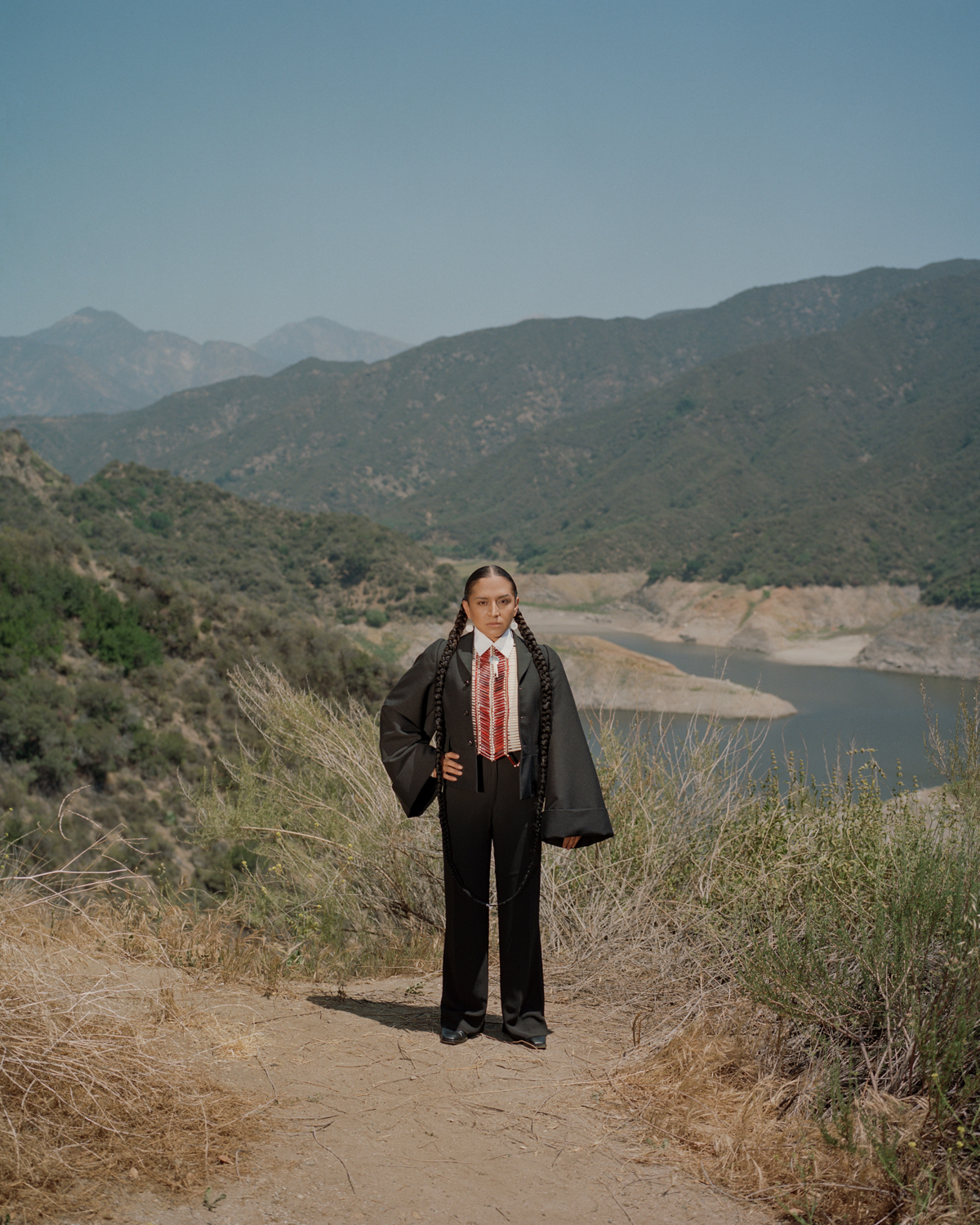
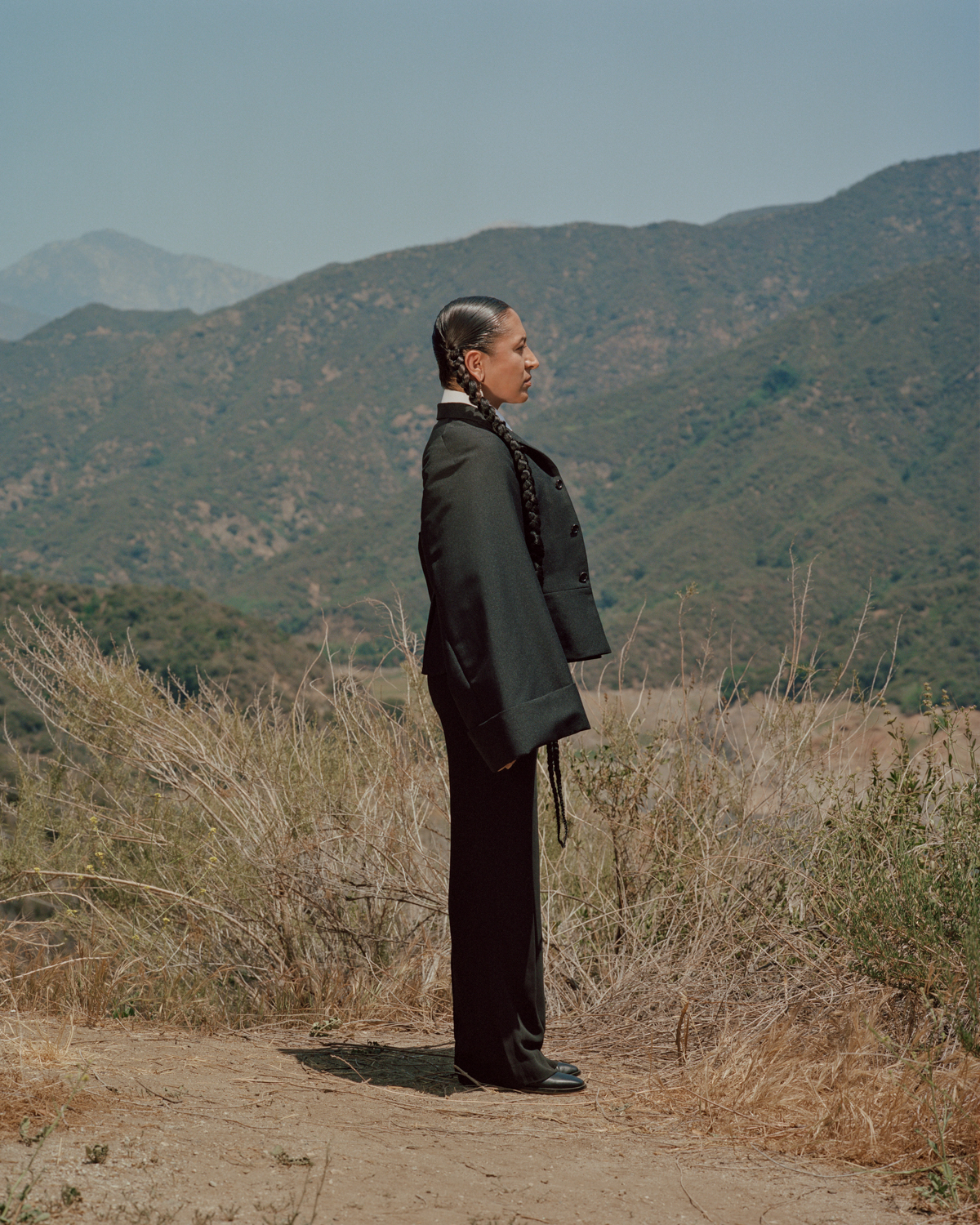
M 一 These are literal camps of male workers?
T 一 Yes. They go work on the pipeline or the fracking well that day and they come “home” to our communities. They'll stay in these camps for weeks at a time. The data right now only shows that of Missing and Murdered cis Women and Girls. Any data on Trans & Two-Spirit people does not exist, yet. So with that, Rupaul is directly supporting a system that is kidnapping and murdering Trans and Two-Spirit people by leasing his ranch’s mineral rights for fracking. I’ve never seen a queer Black person, in the public eye be adored as much as Rupaul; and I have a love for the way she put our people on that platform, but it breaks my heart that Mama Ru won’t even have these conversations on how she takes part in the oppression of our people. It's something I couldn't bite my tongue on. This generation has a huge opportunity to influence someone who has a stake and large investment in the fossil fuel industry, and it’s our responsibility to hold our leaders accountable.
M 一 It’s unfortunate that even some of our Queer leaders can become seduced by the fossil fuel industry, and would even be willing to ignore how it directly affects the same people they’re supposed to lead. What do you have to say, as a two-spirited leader, to any queer youth reading this?
T 一 I just want our Trans and Two-Spirit youth to know you can exist in any form you choose. We have a right to be safe in our homelands. We have a right to be safe during our ceremonies. We deserve to be more than silent. At one point Two-Spirit people were regarded with admiration and respect. We were chiefs, warriors, and healers; we played important roles within our communities. It’s time that we reclaim that power and identify those roles. We are still here and the world deserves to see our light.
M 一 Last questions I have, what resources are there for people who want to educate themselves on how to support indigenous communities and fight the climate crisis?
T 一Any young QT BIPOC interested in organizing with more Indigenous youth can go to the International Indigenous Youth Council by visiting www.indigenousyouth.org. The IIYC is completely run by young QT BIPOC and we have chapters in different cities you can link with. Very specifically, I work with the Denver chapter (@iiyc580). I also invite folks to mobilize with young people globally on October 29 as we hit the streets to demand a Fossil Free Future!
You can get involved and organize locally by visiting FossilFreeFuture.earth!
Aside from that, my Instagram is always a place folks can engage with the movement beyond Indigenous Peoples Day.
A’ho Mitakuye Oyasin - All My Relations
